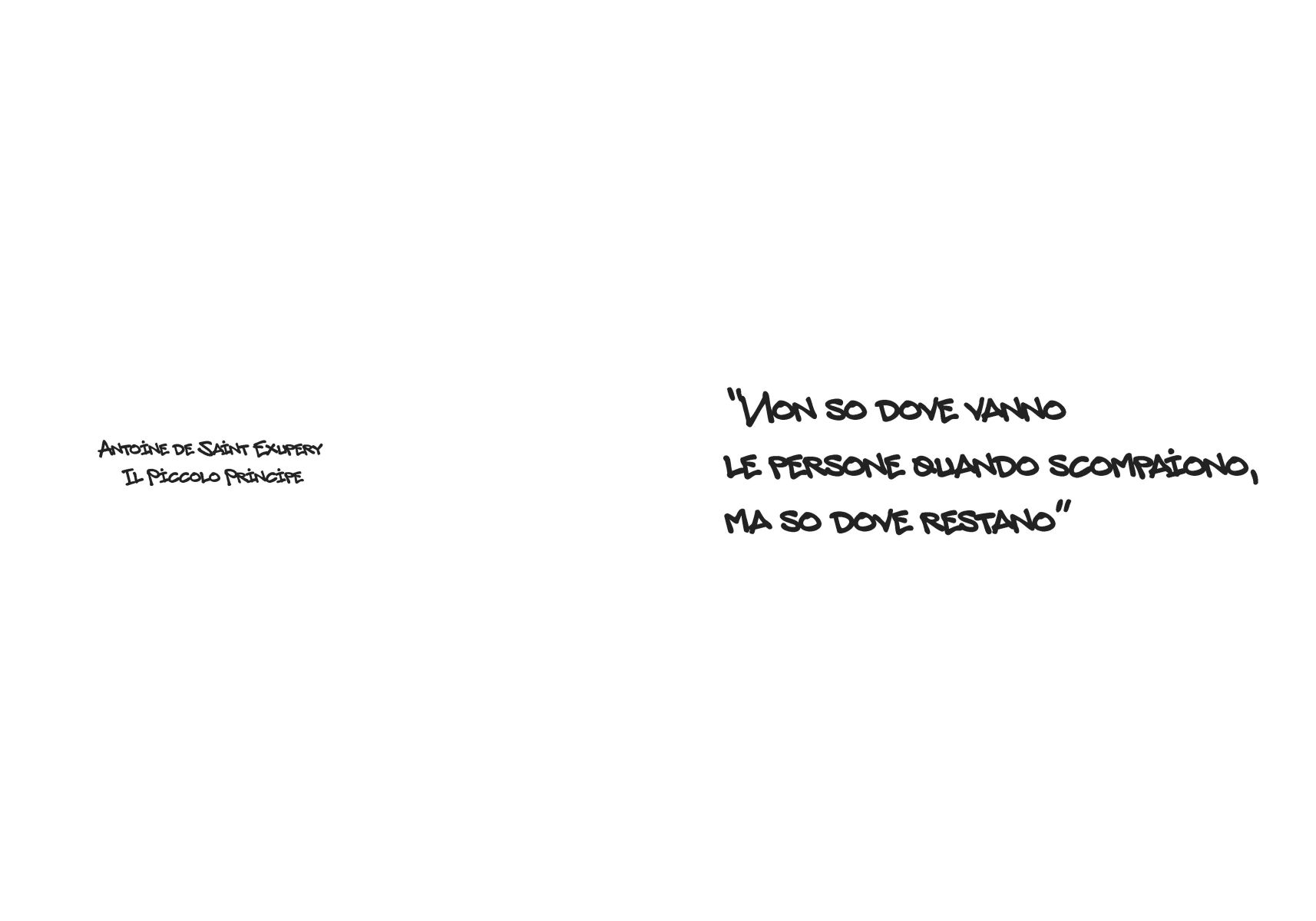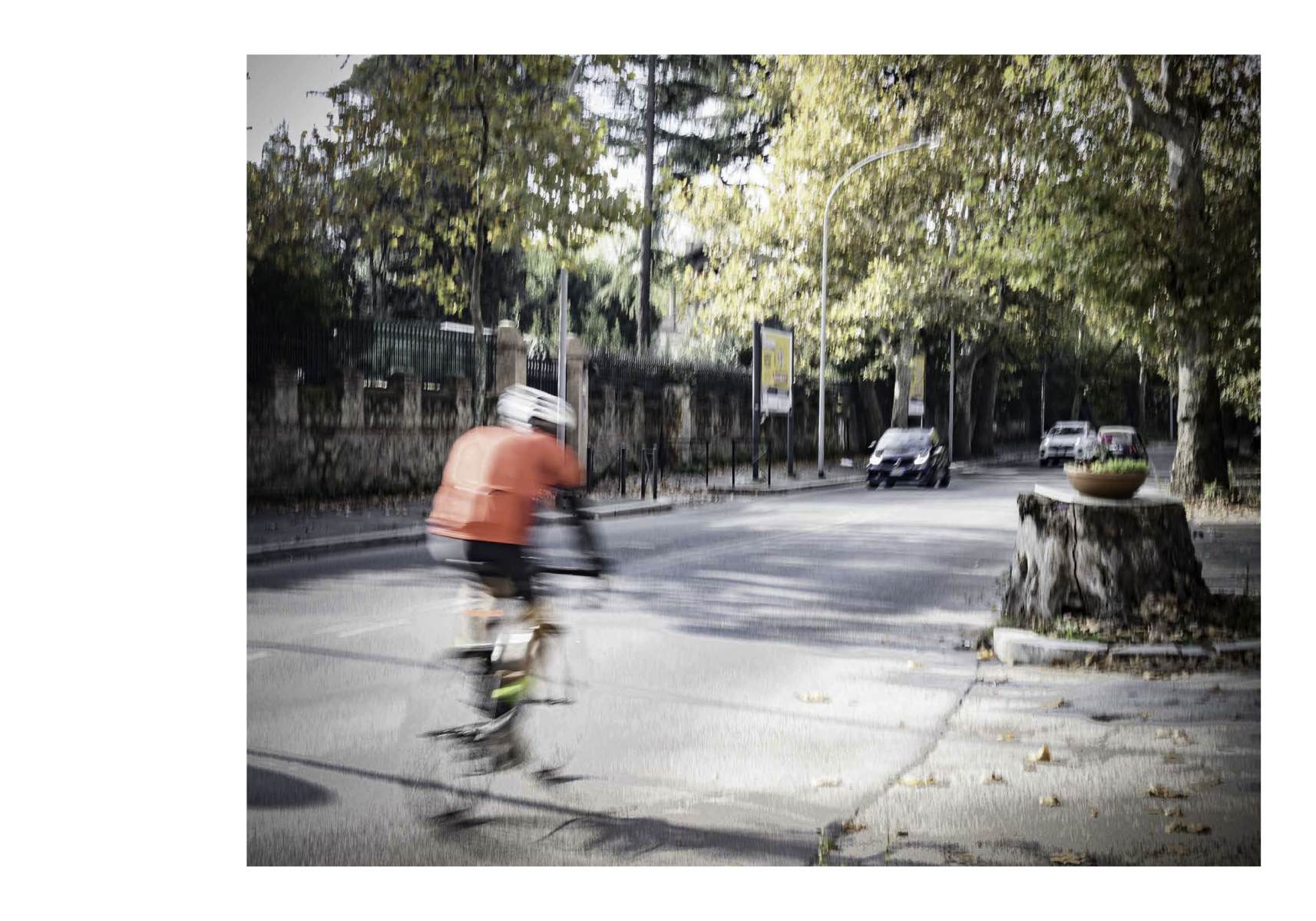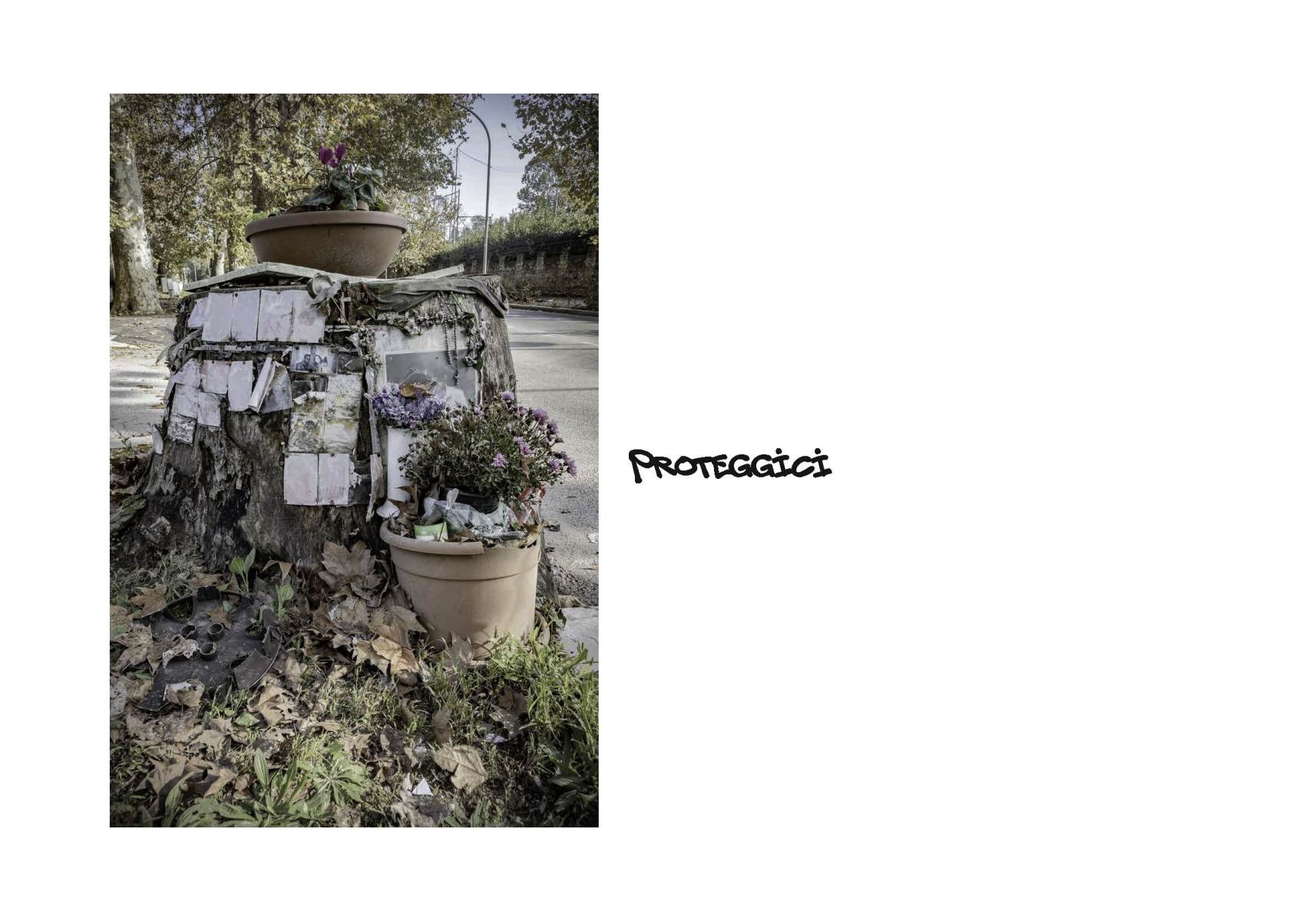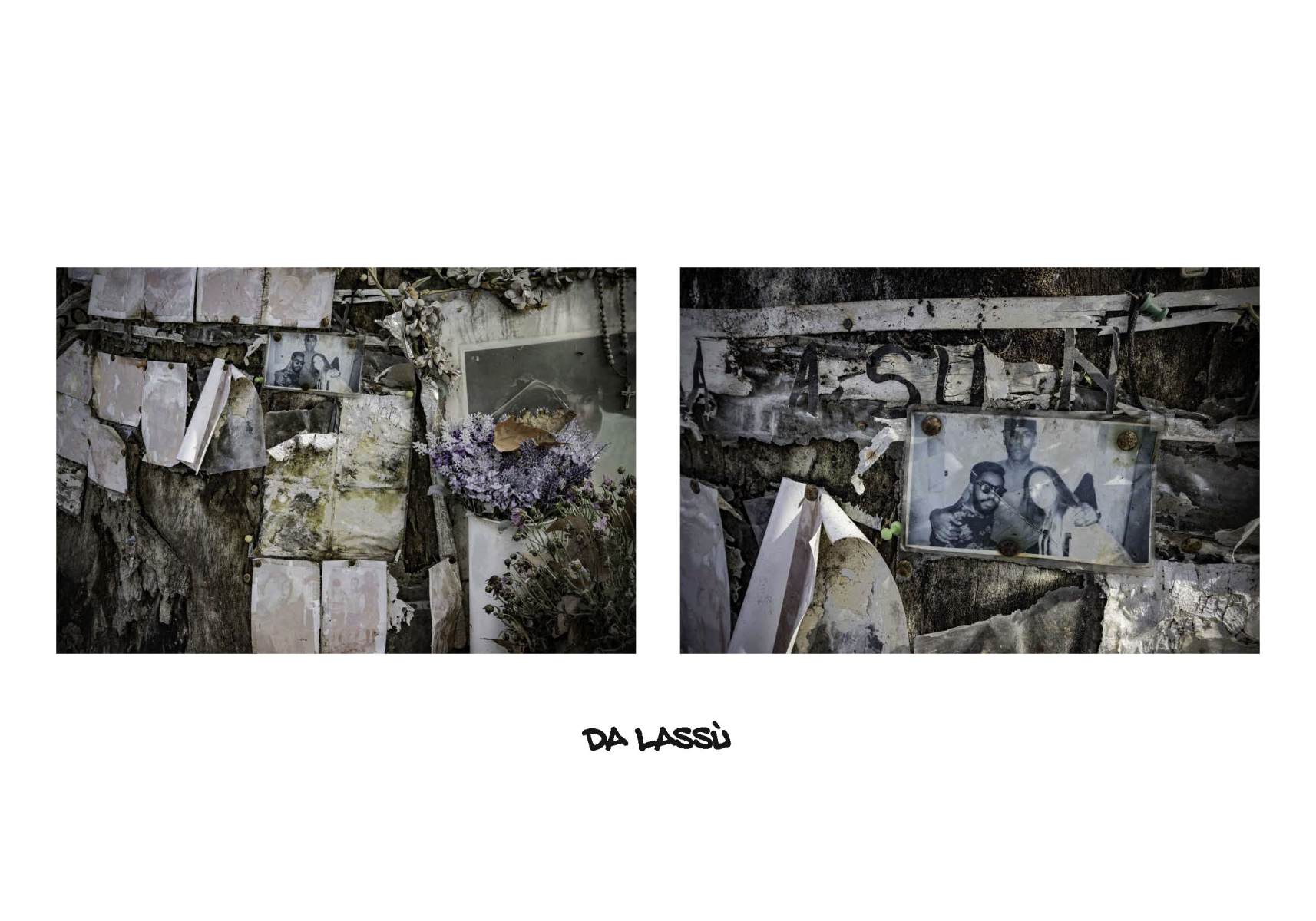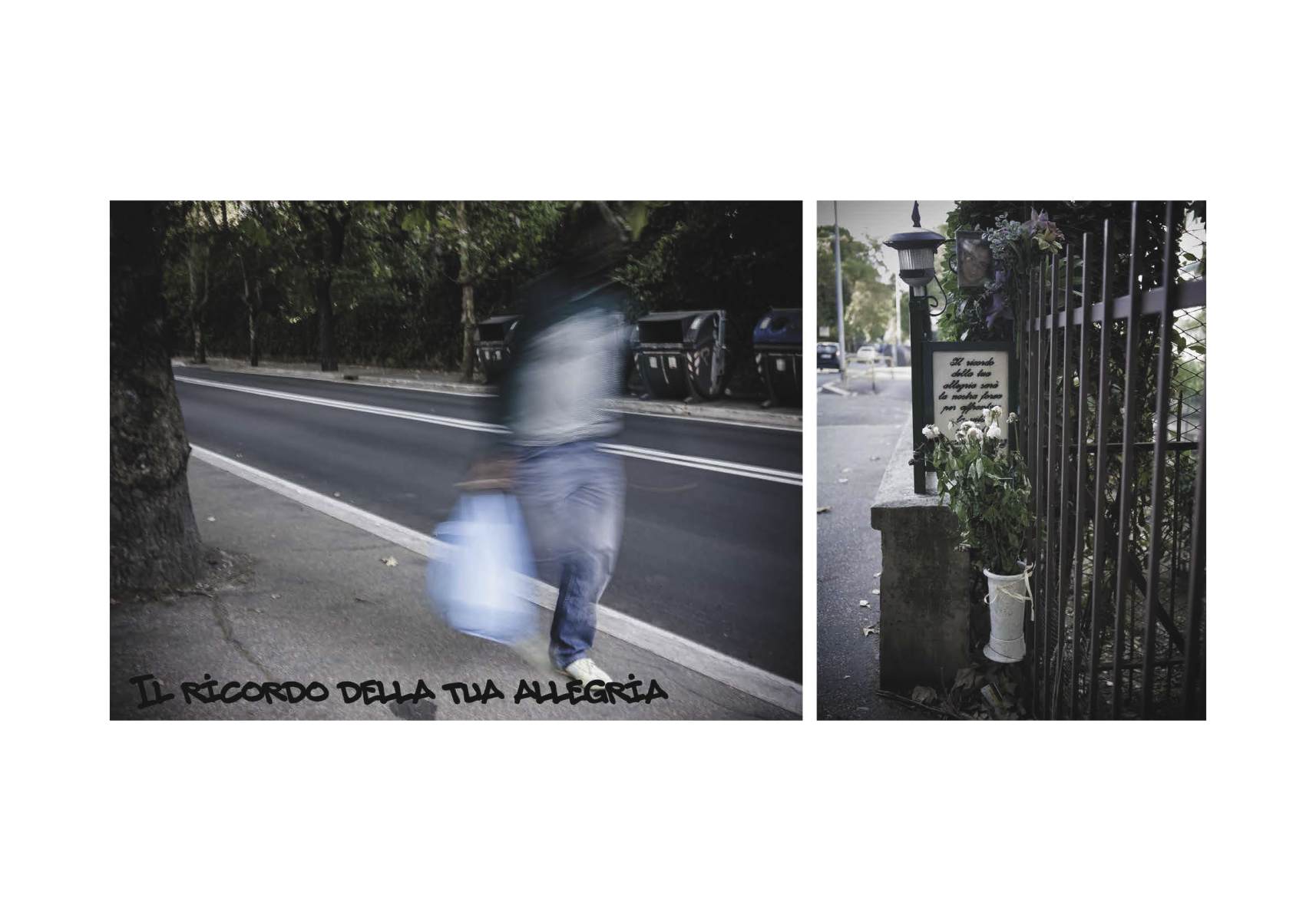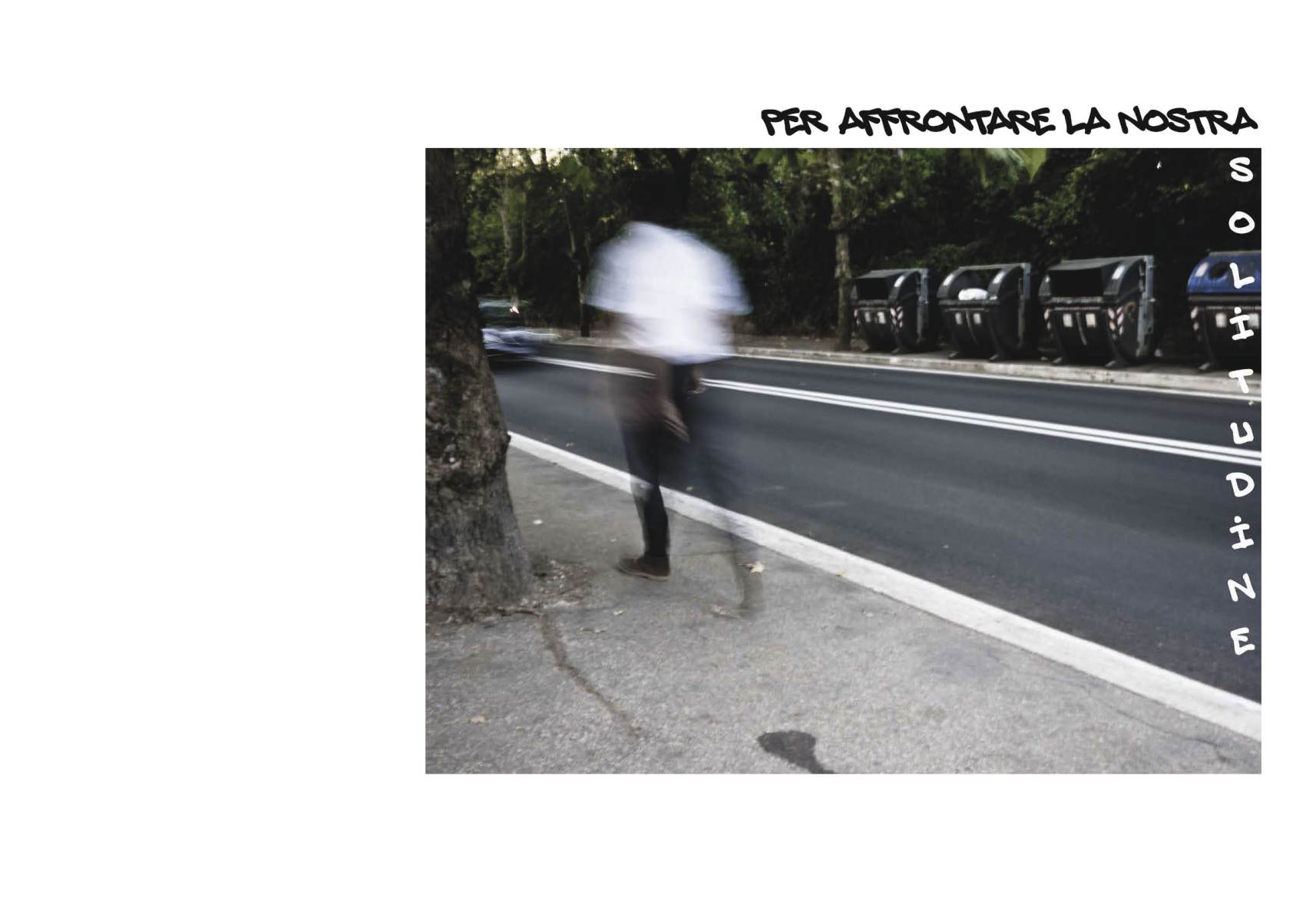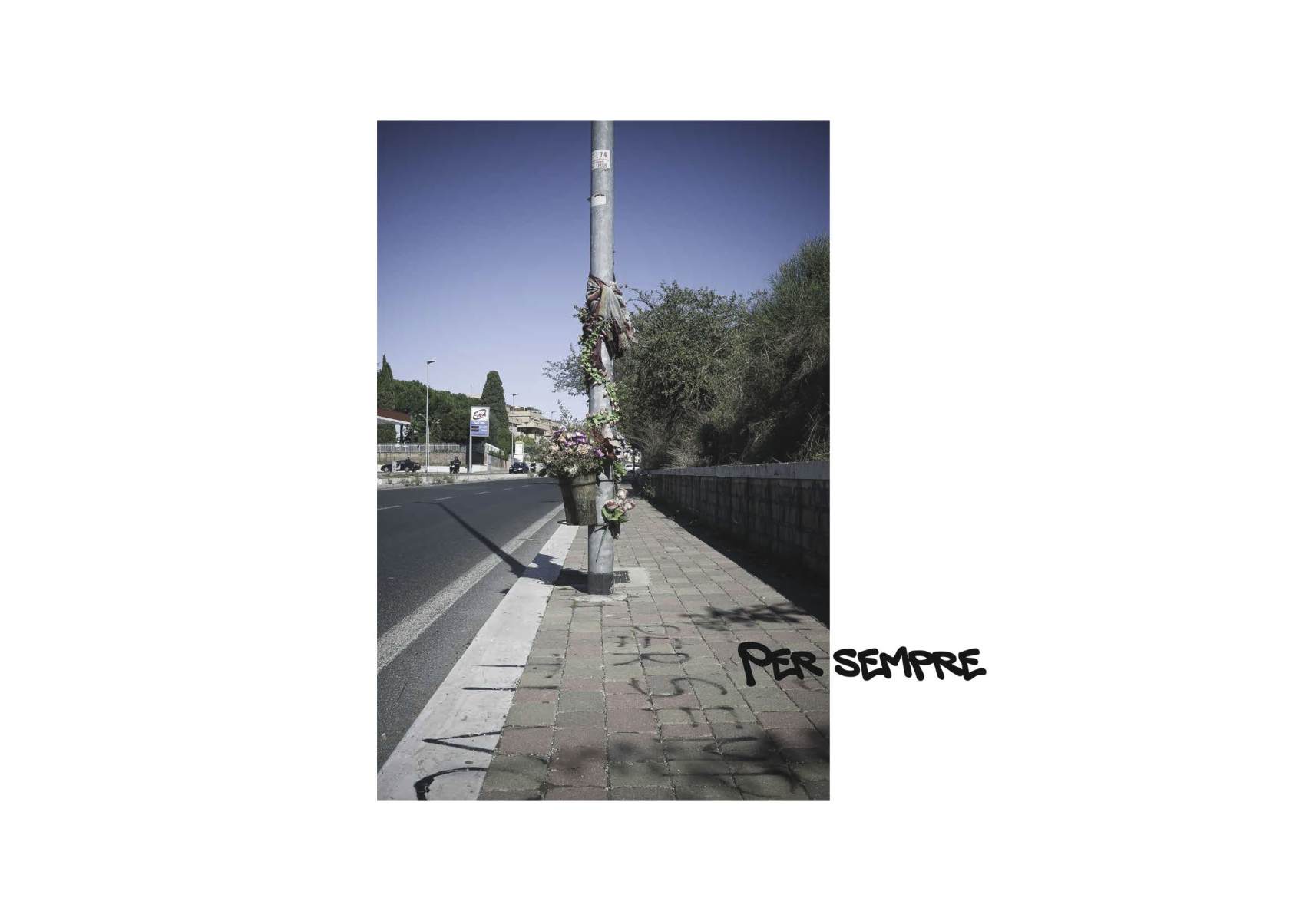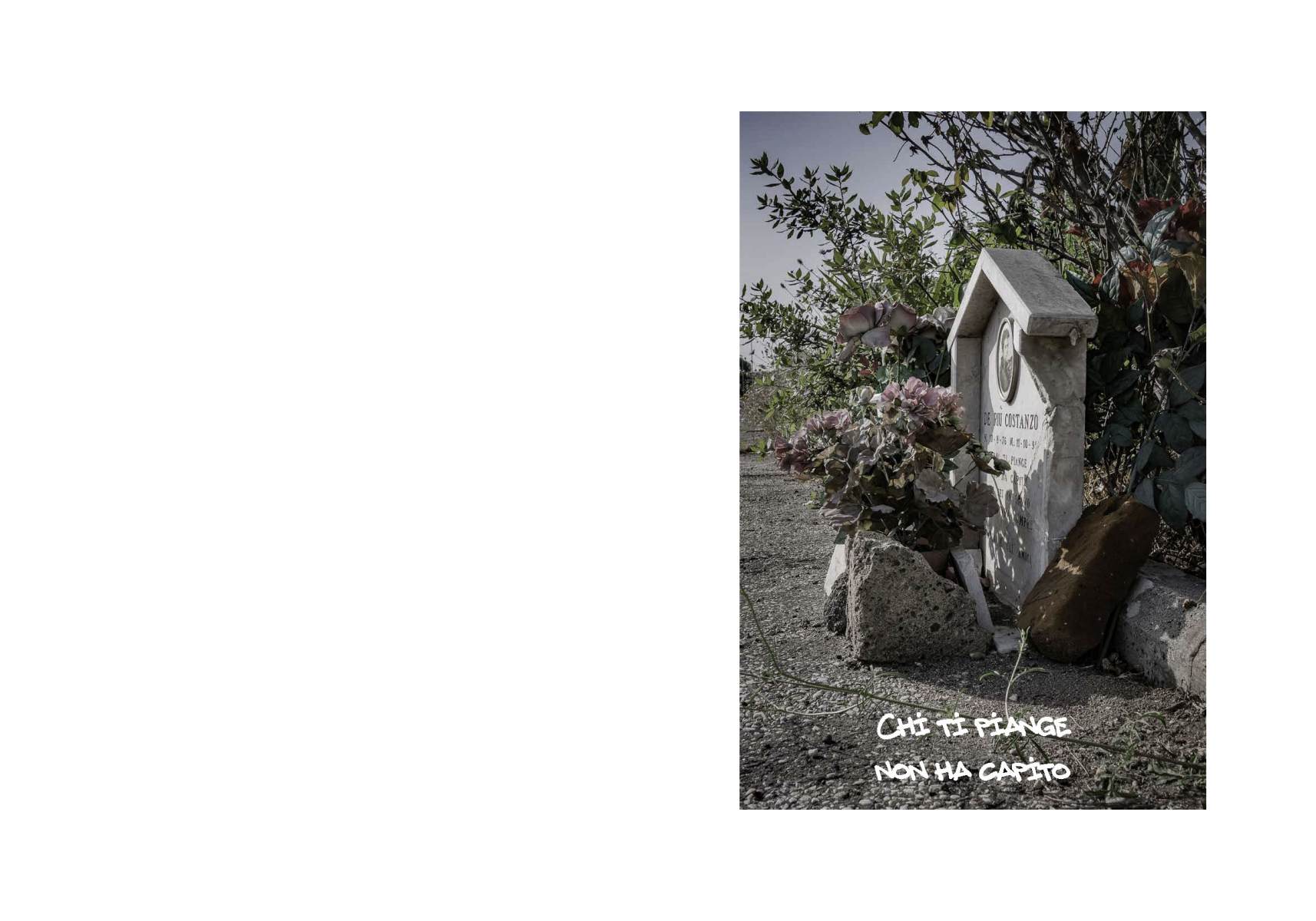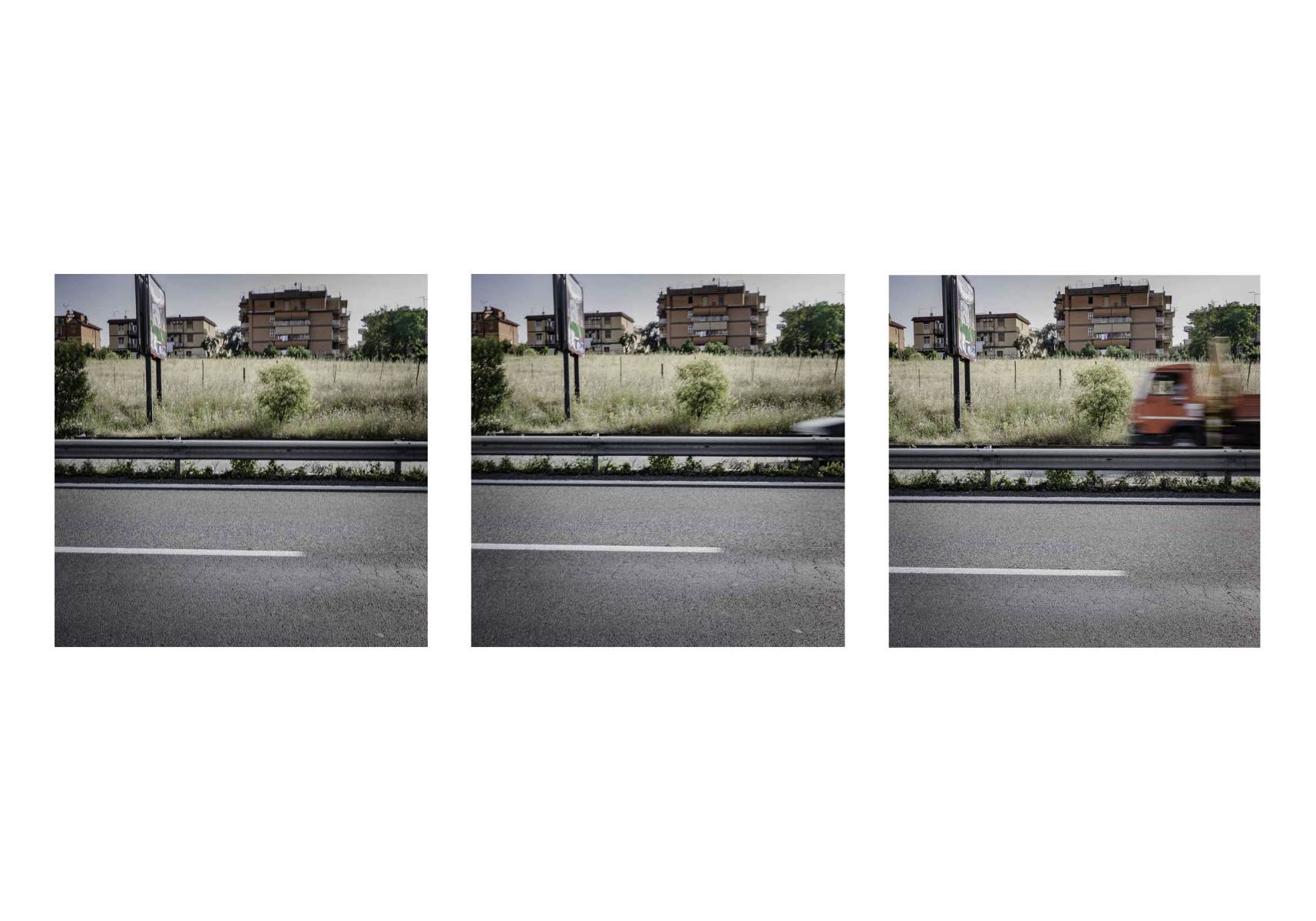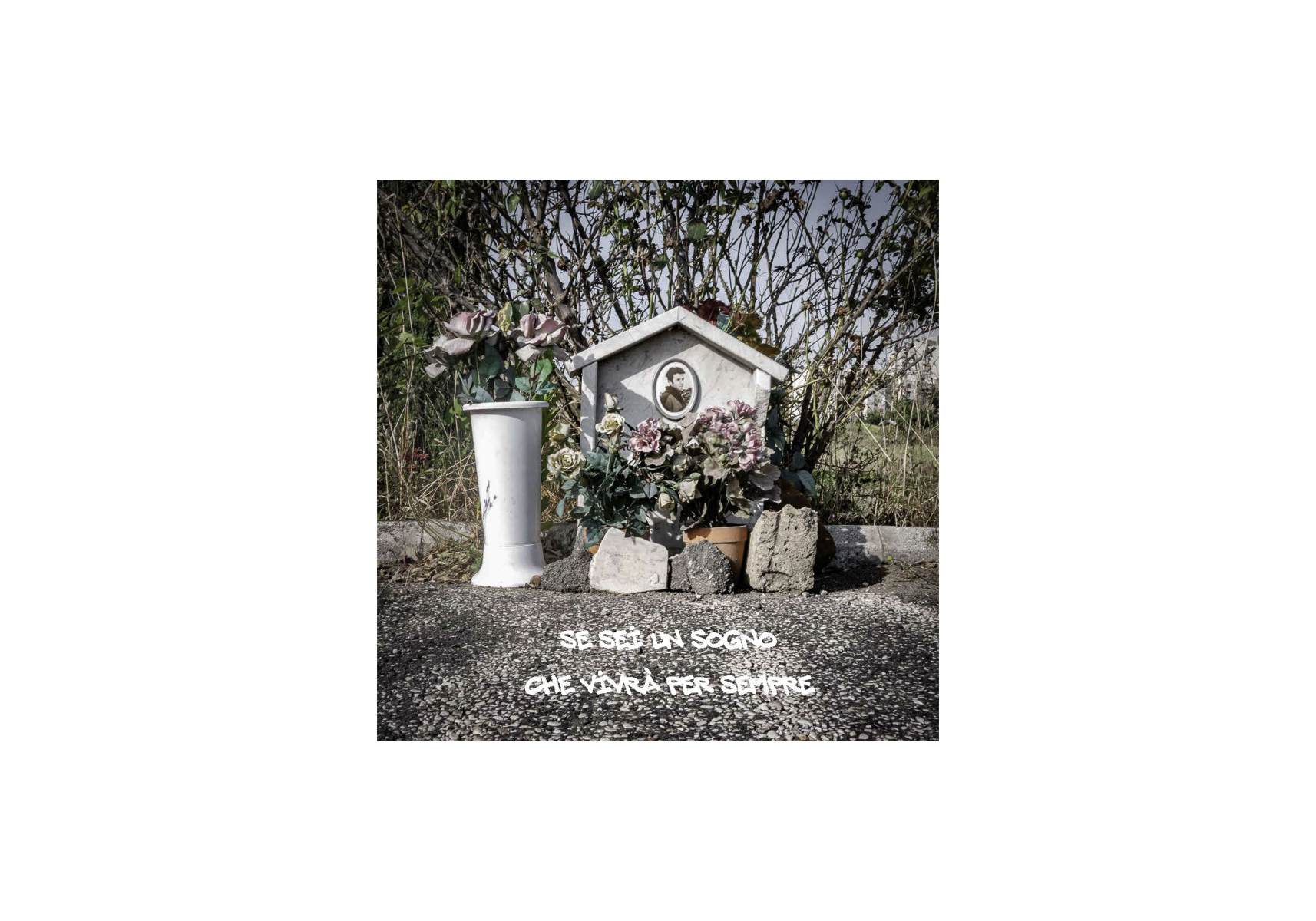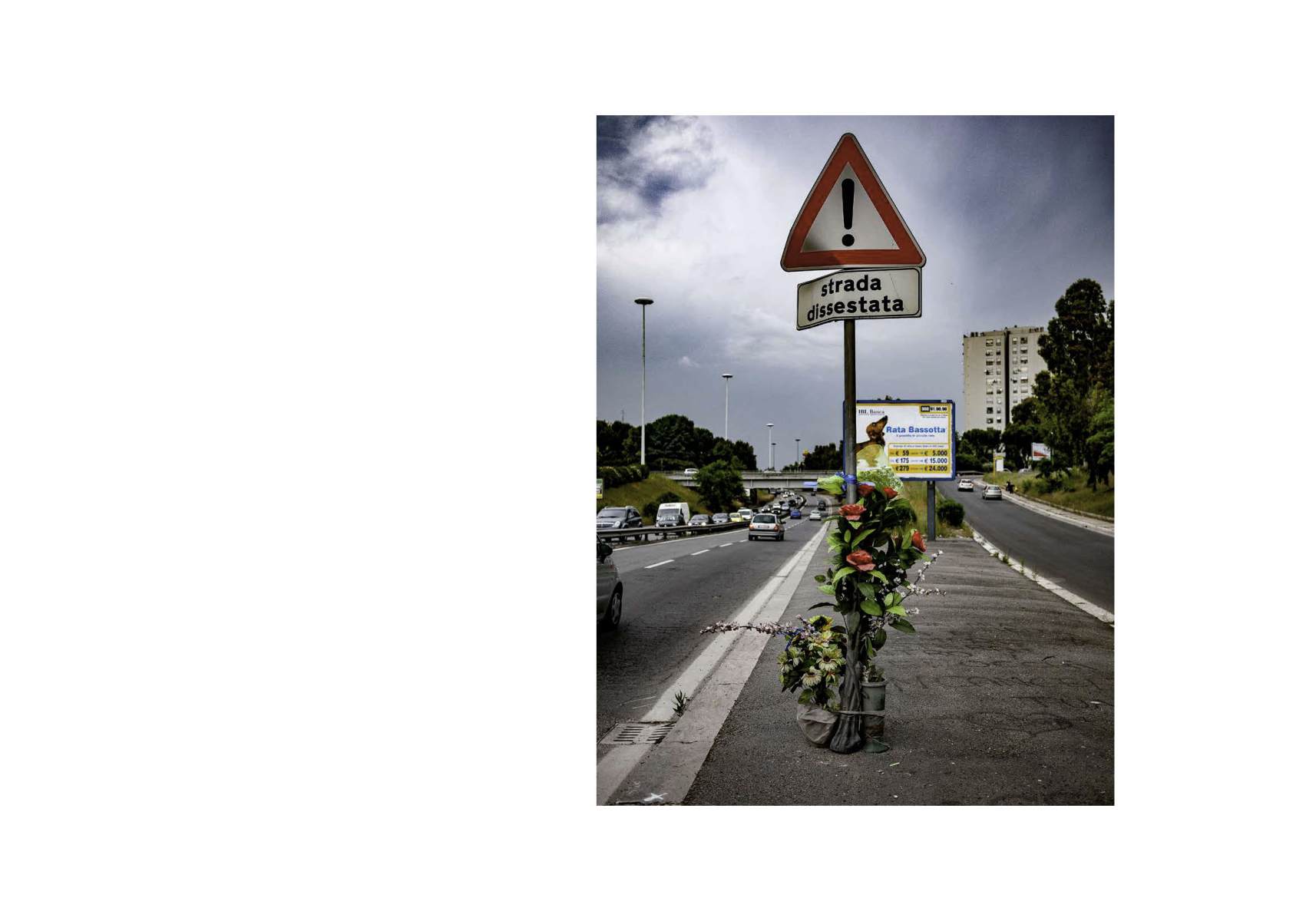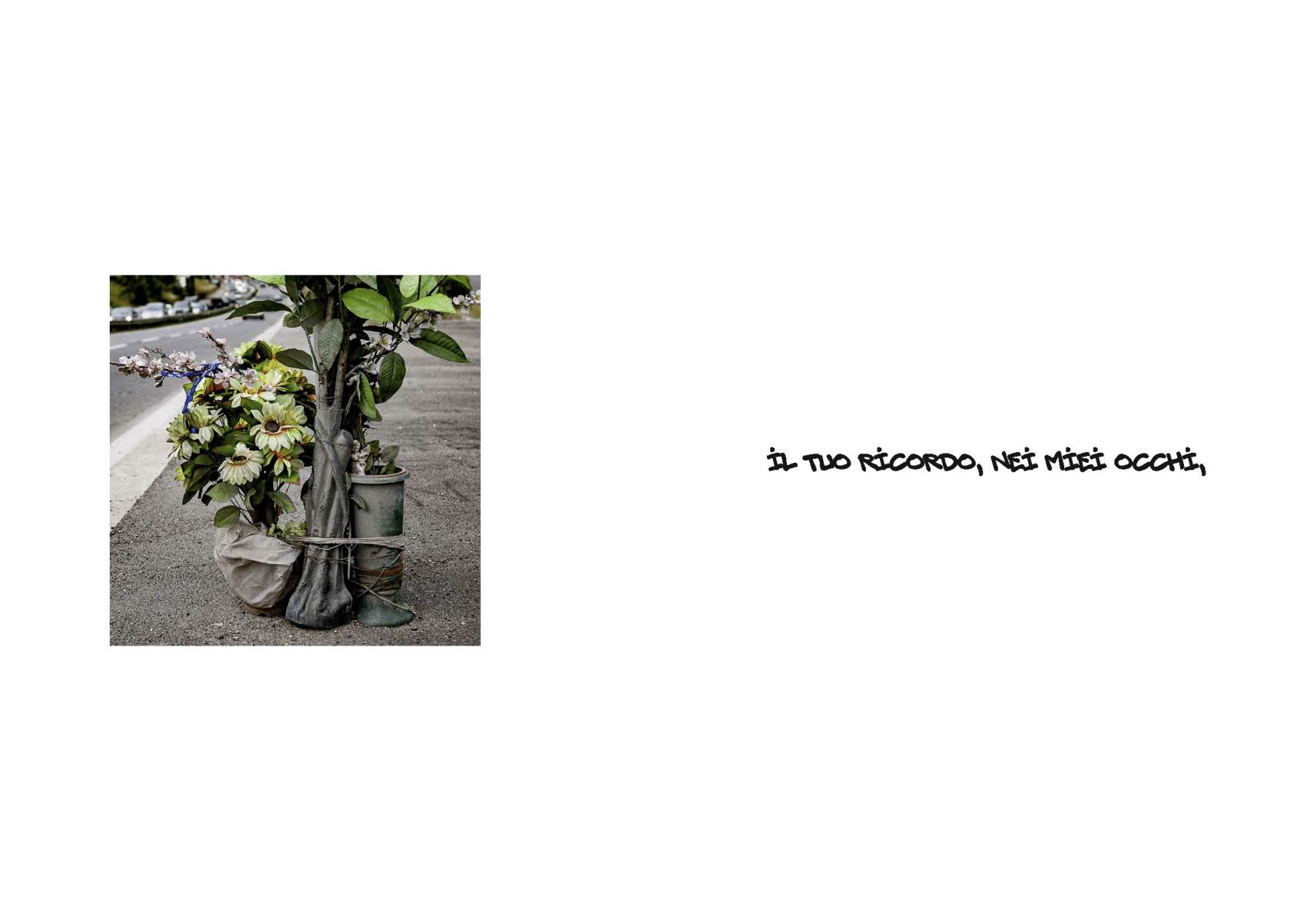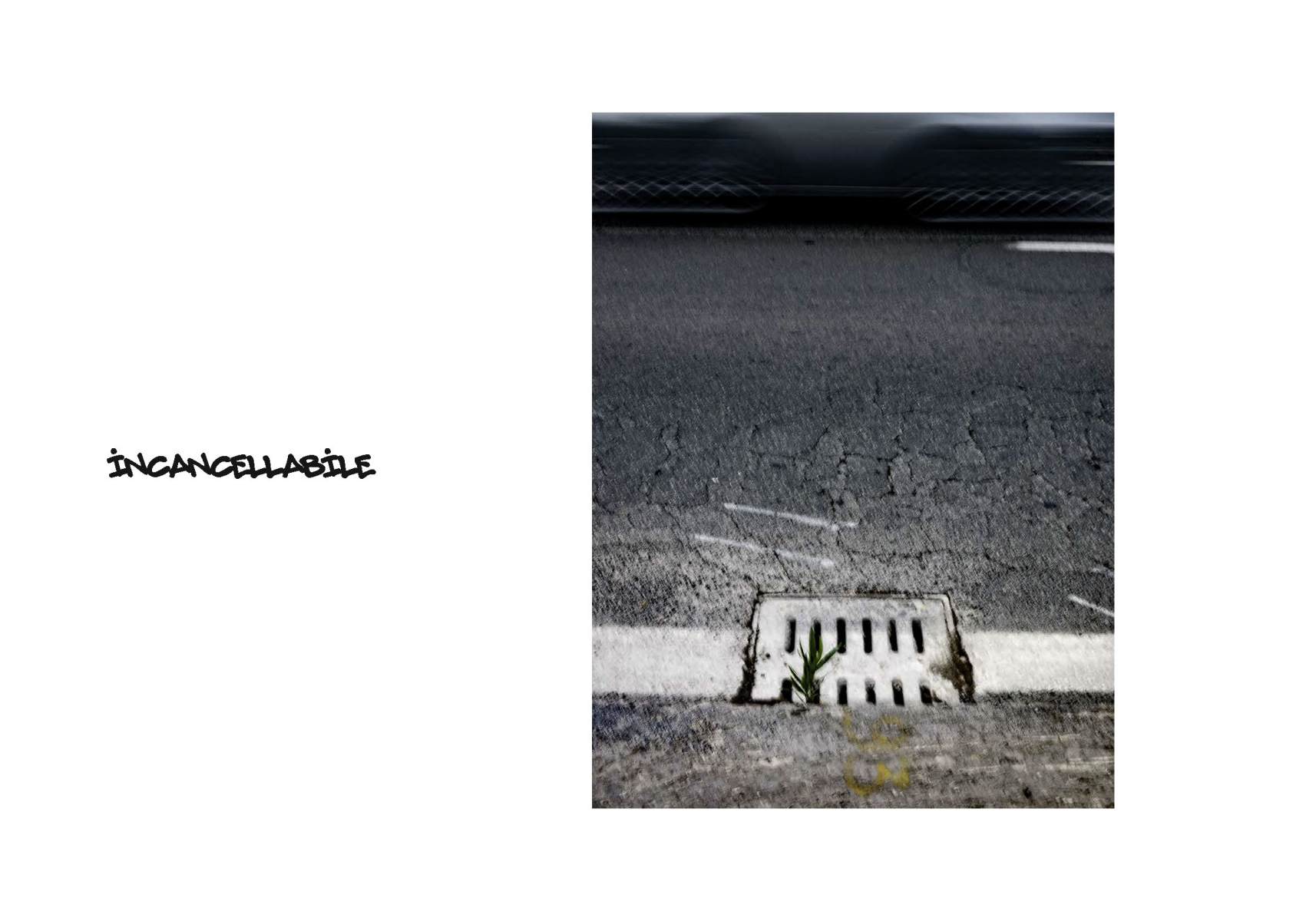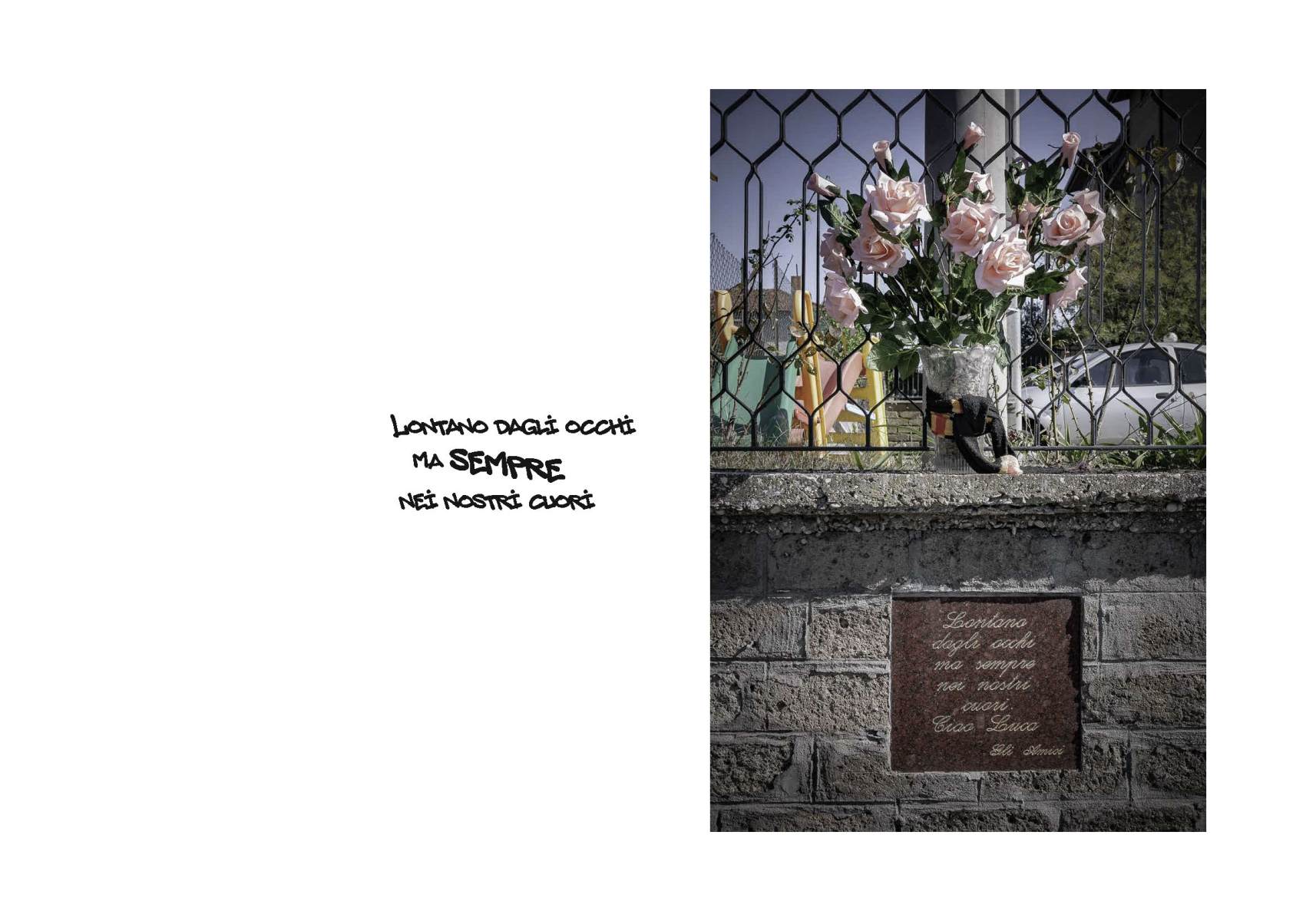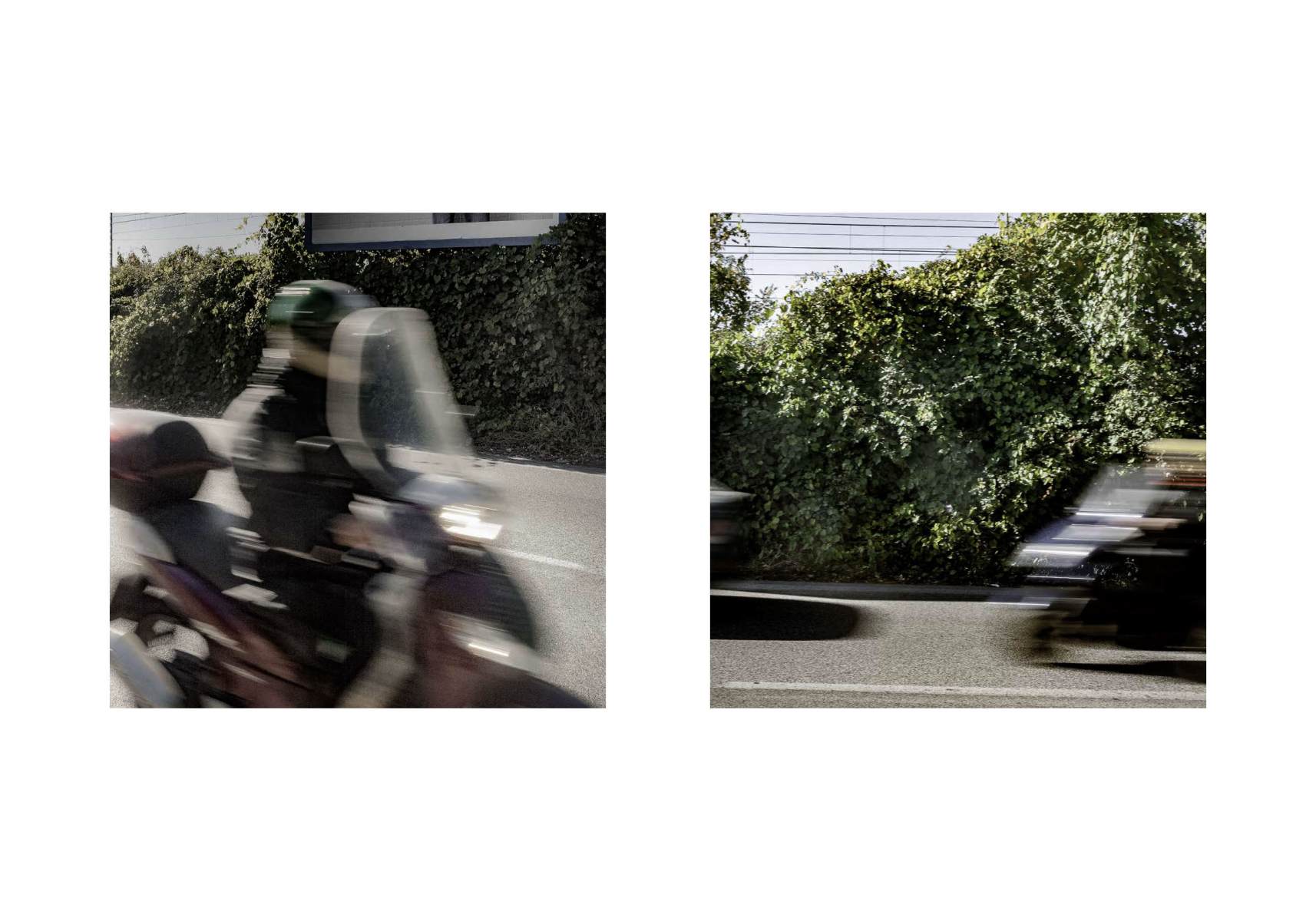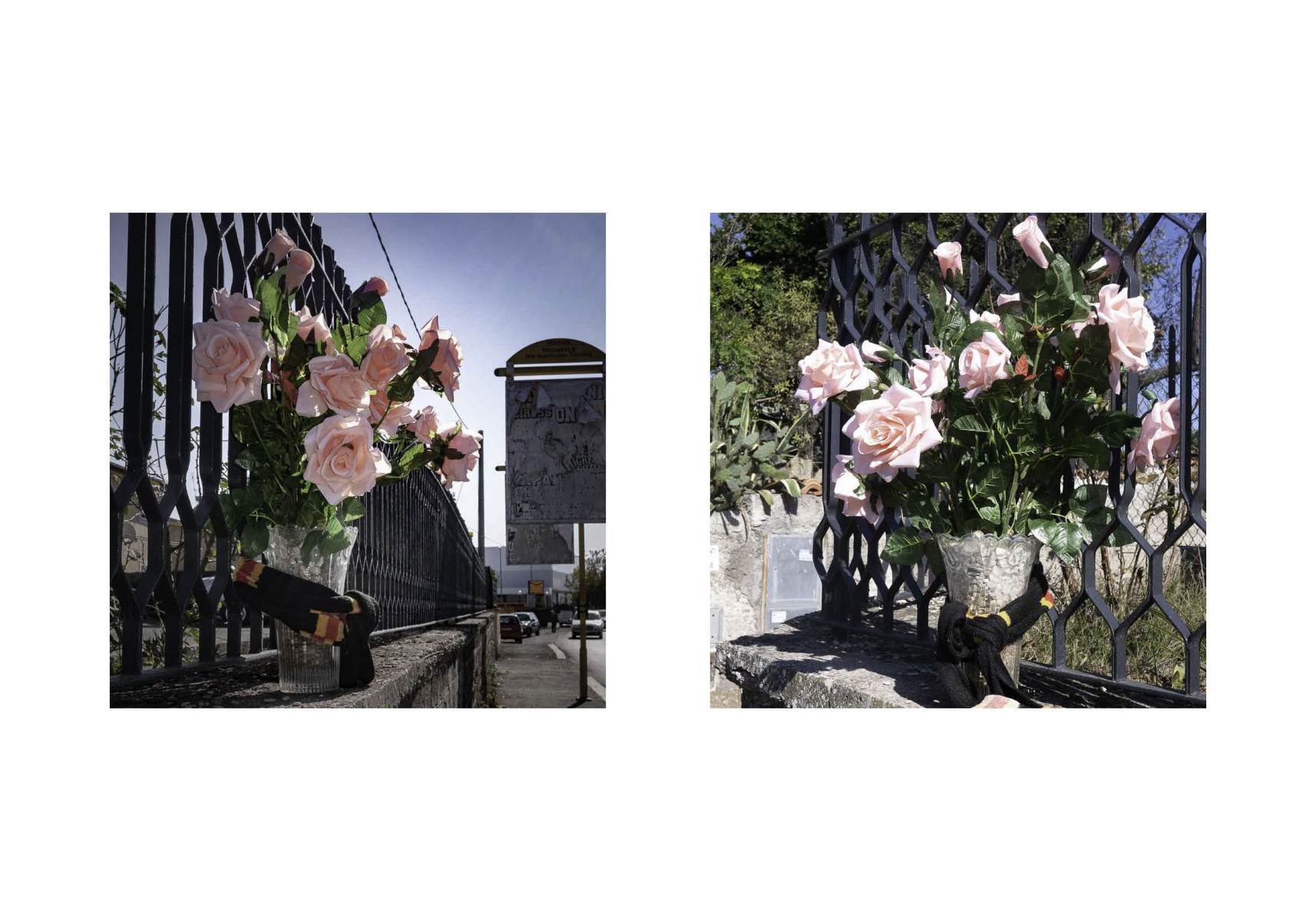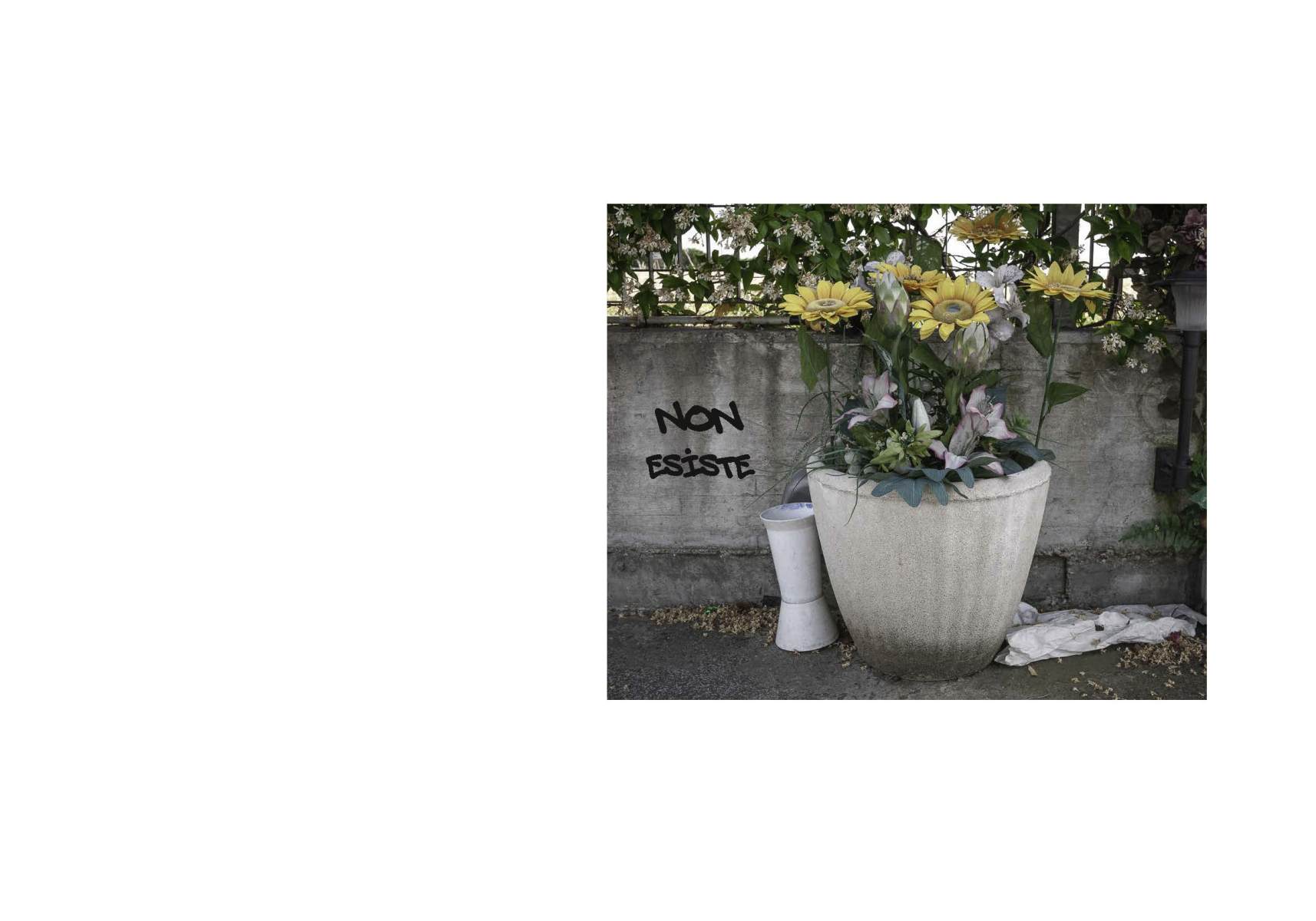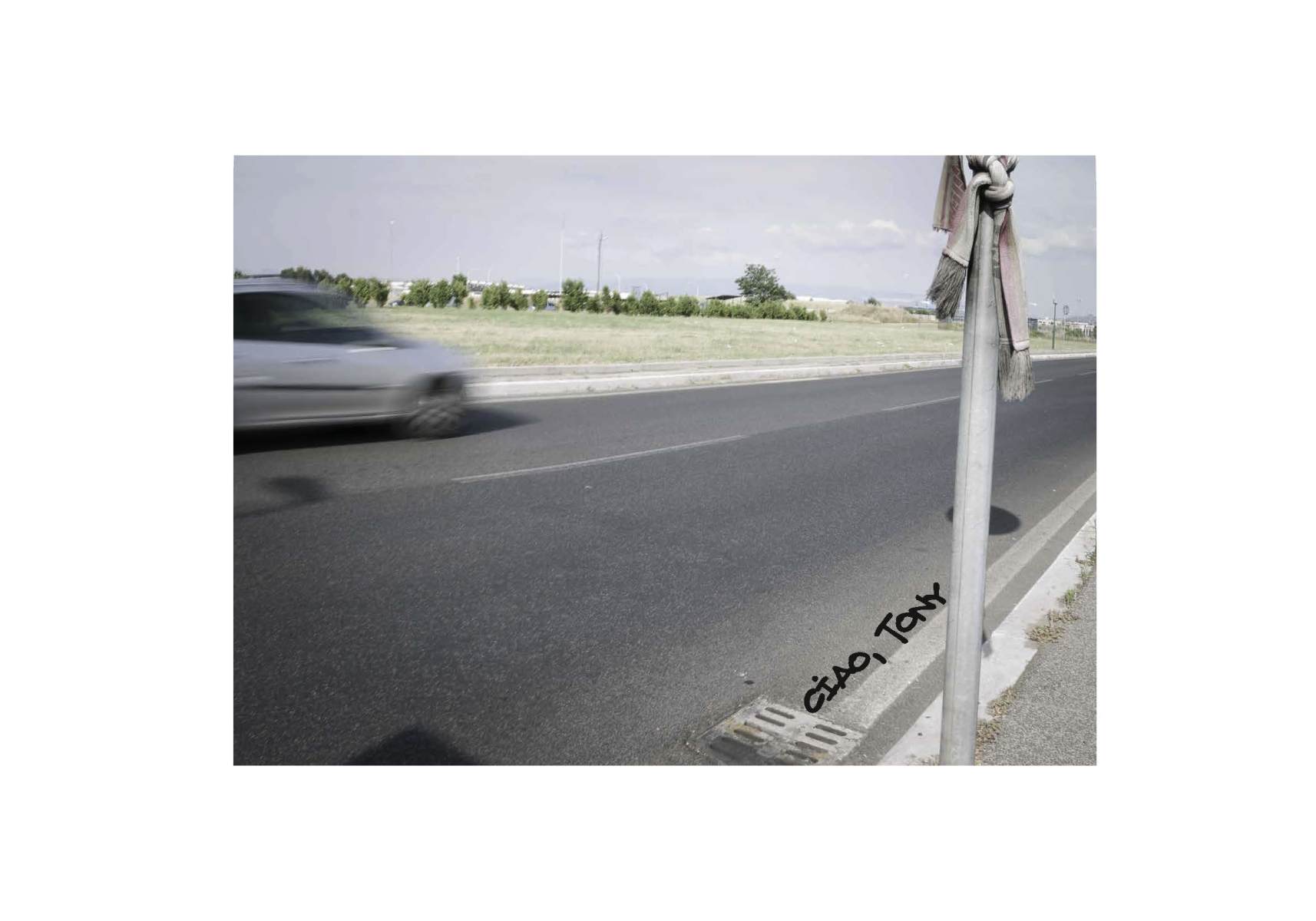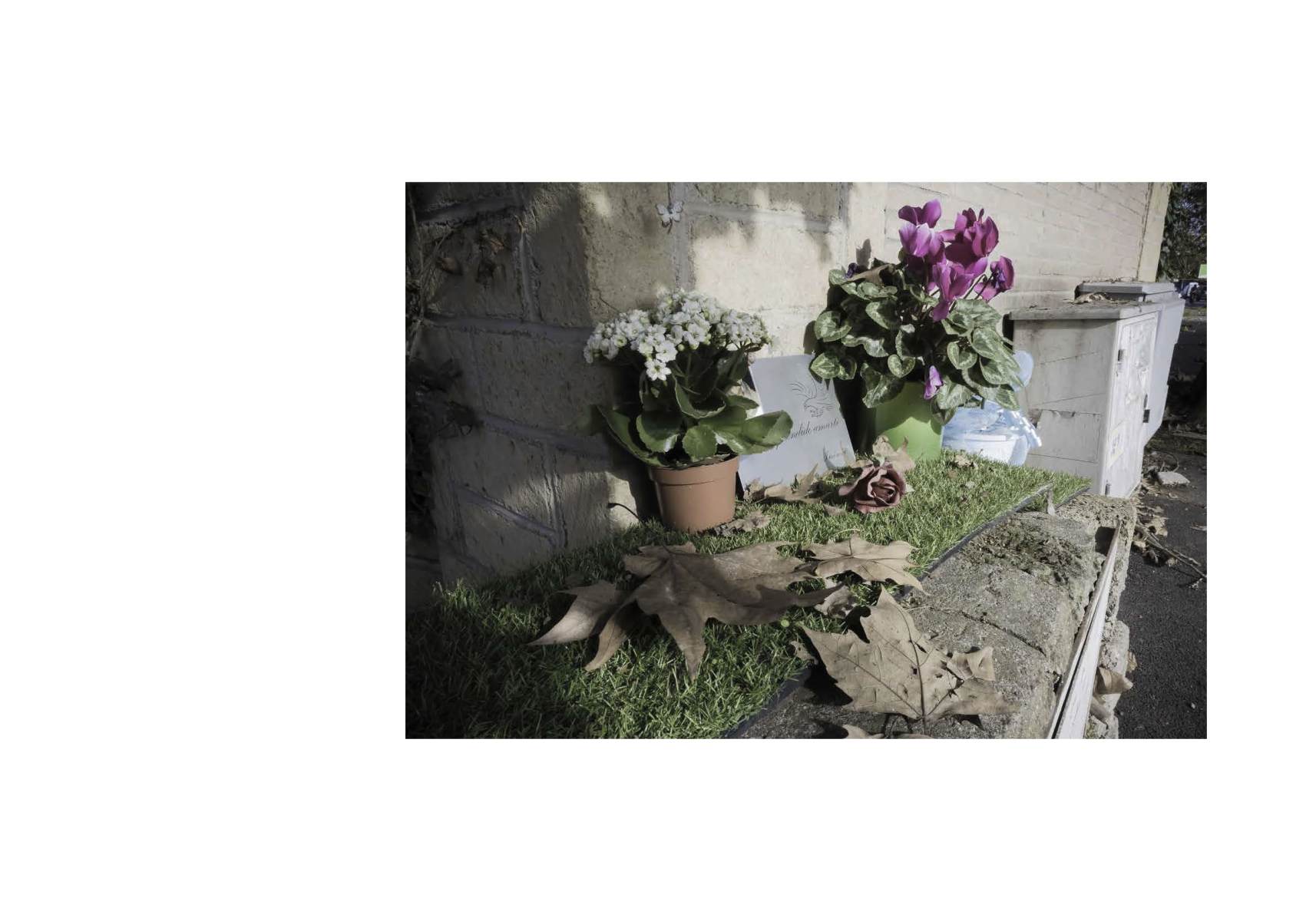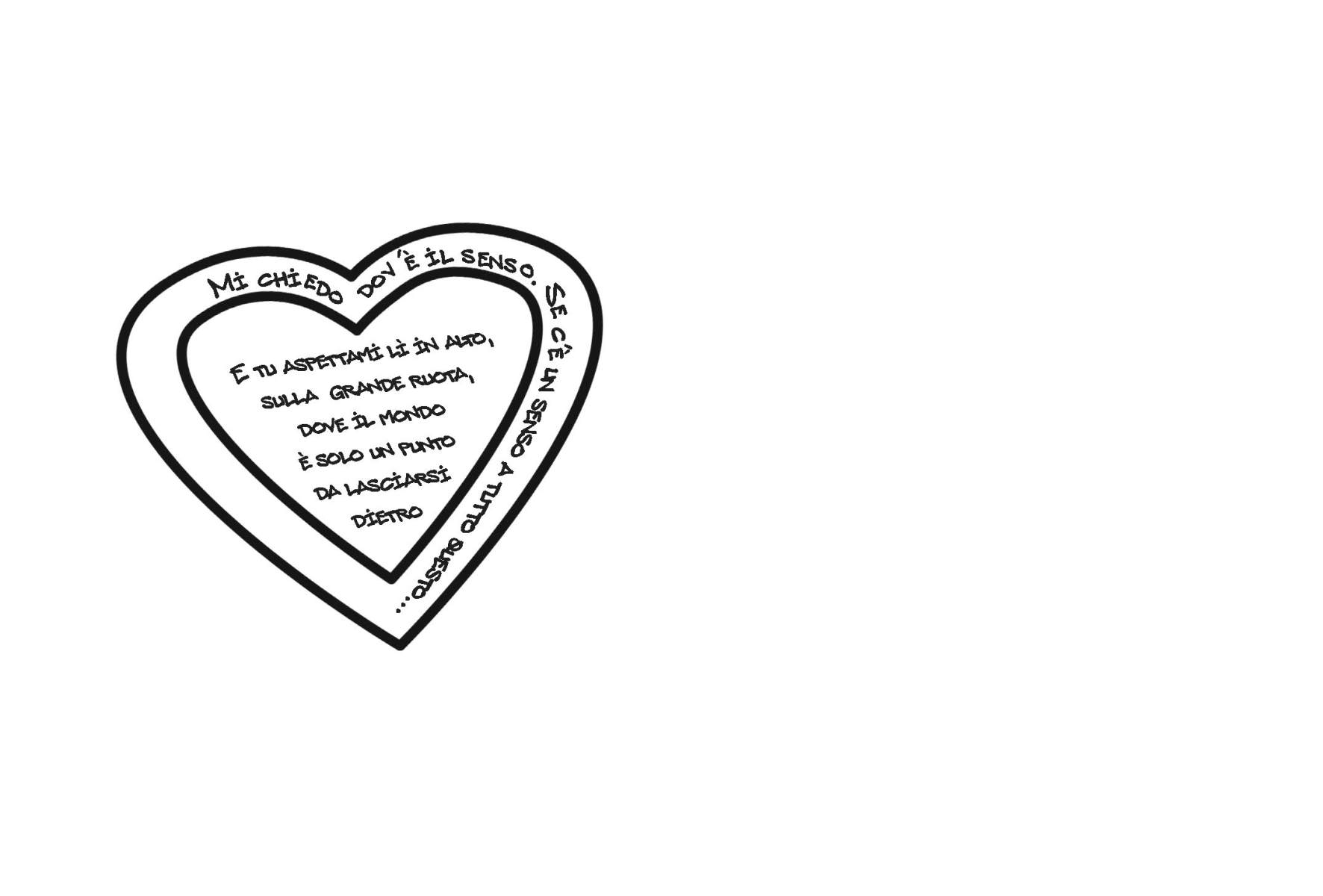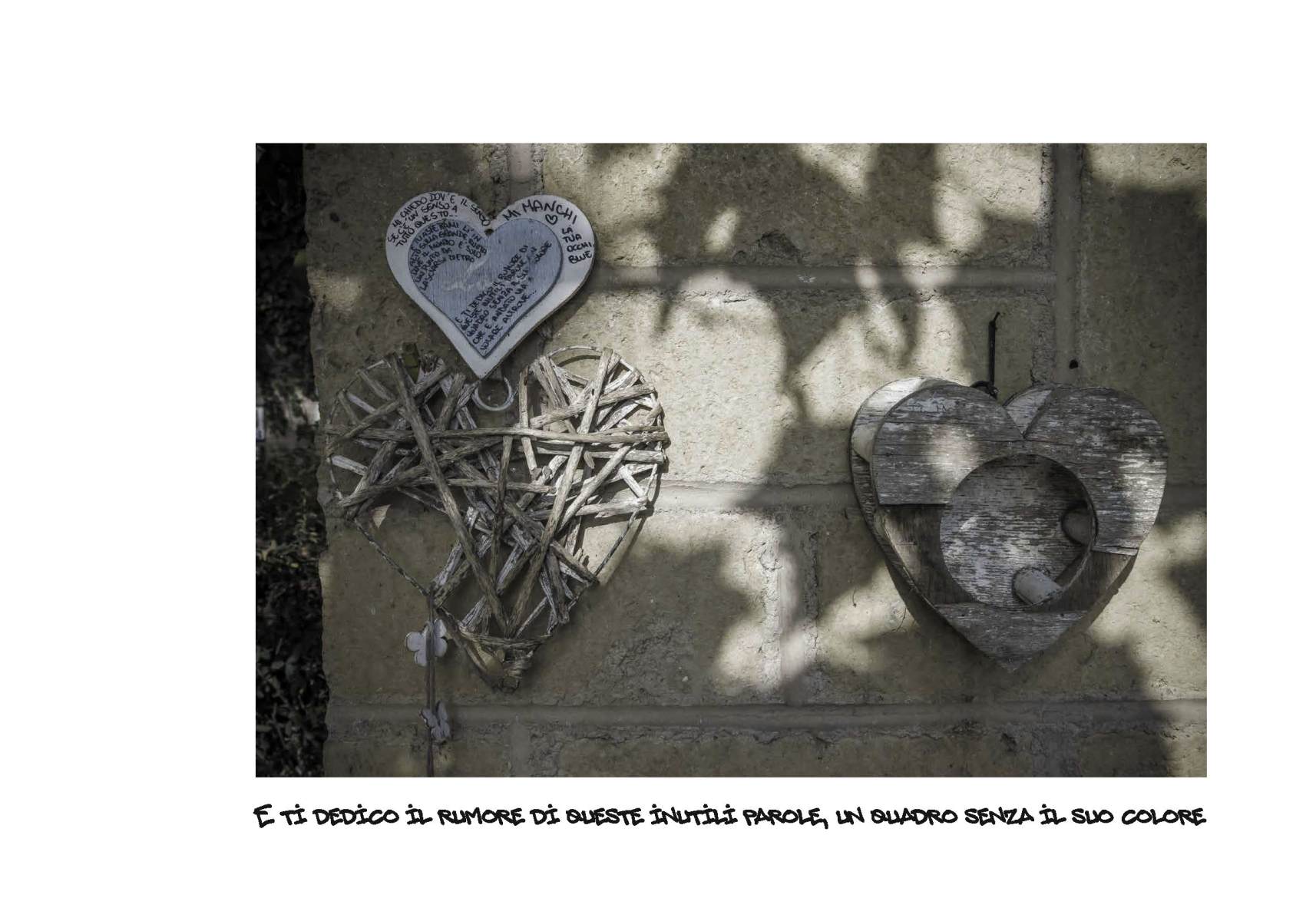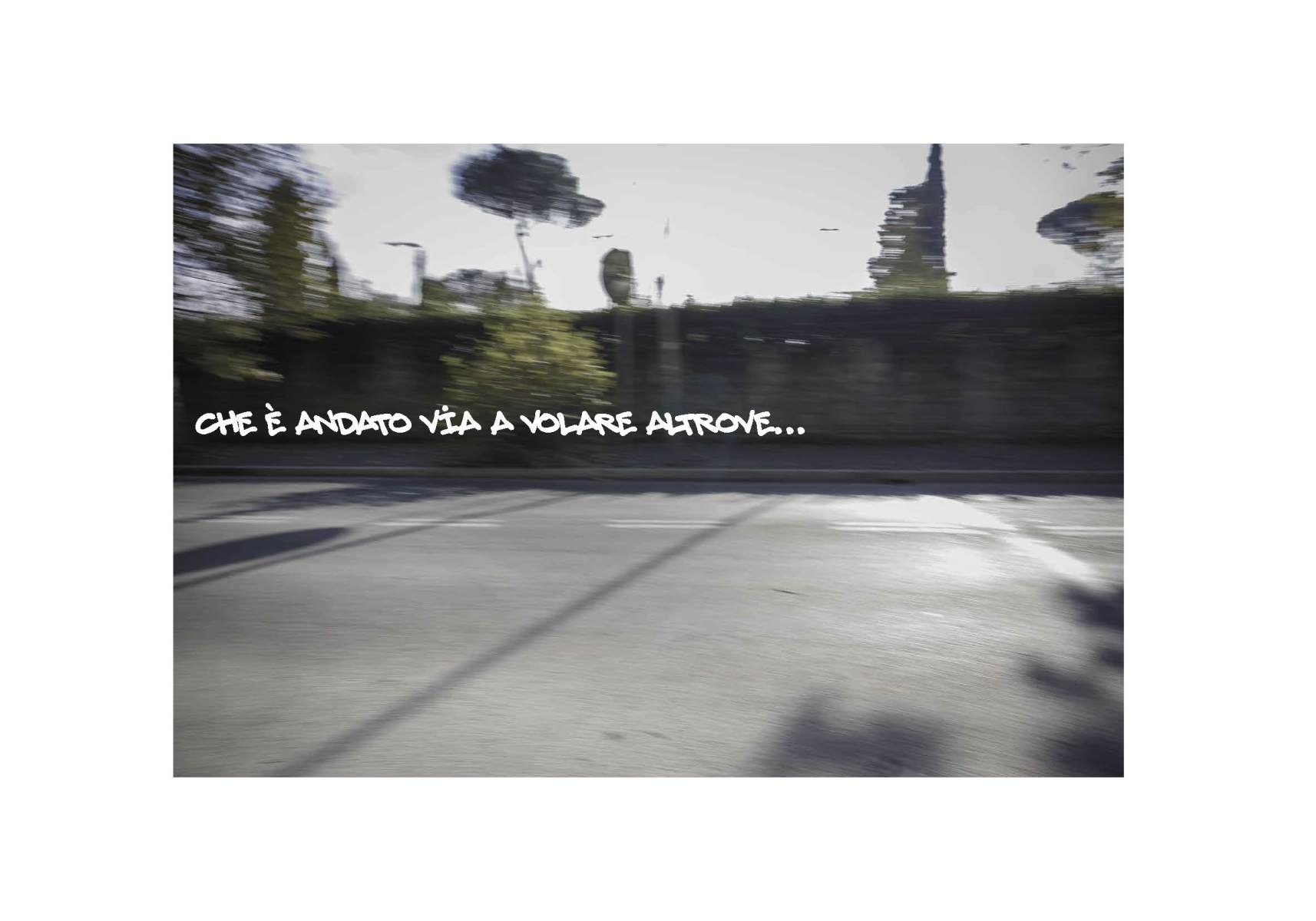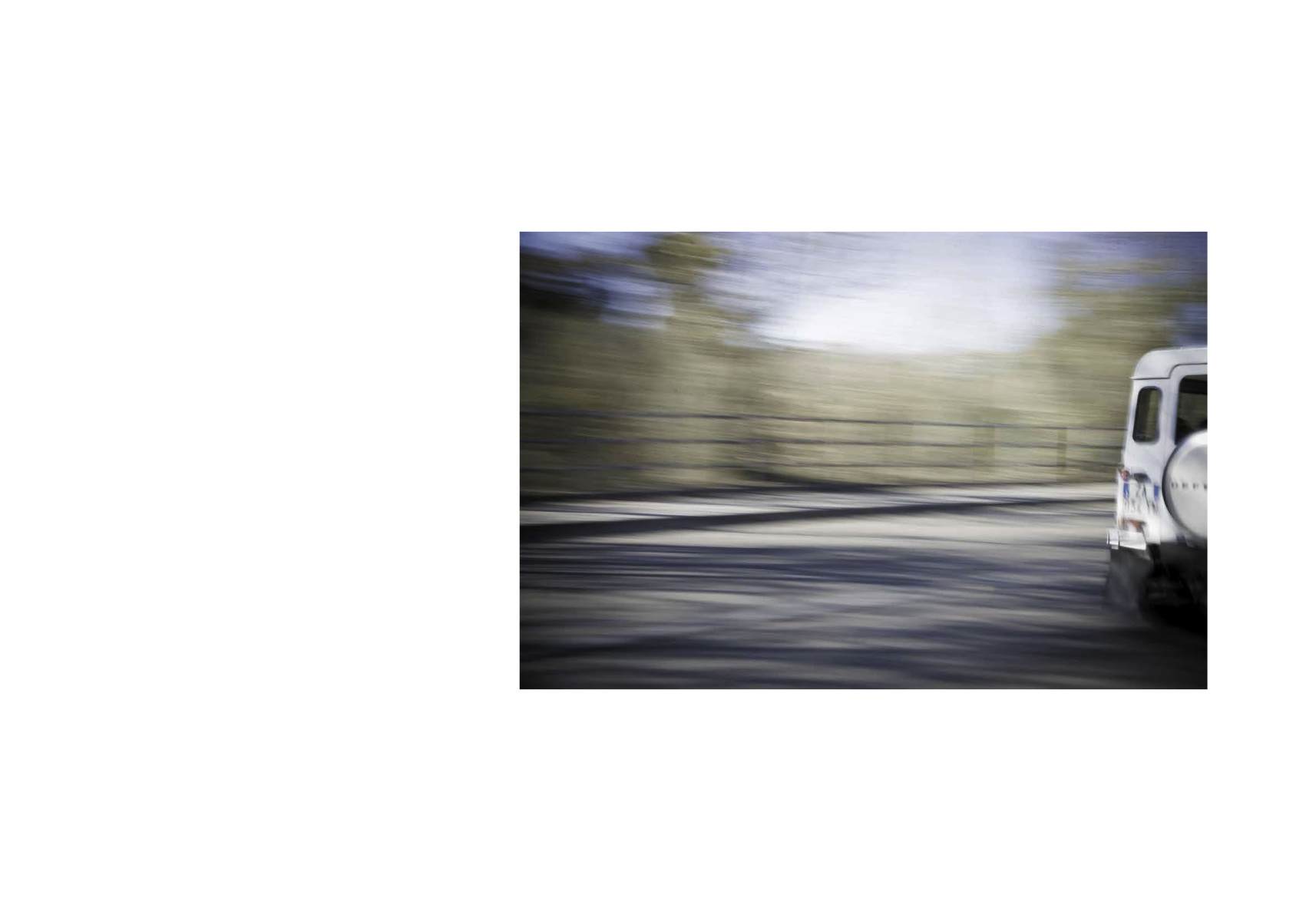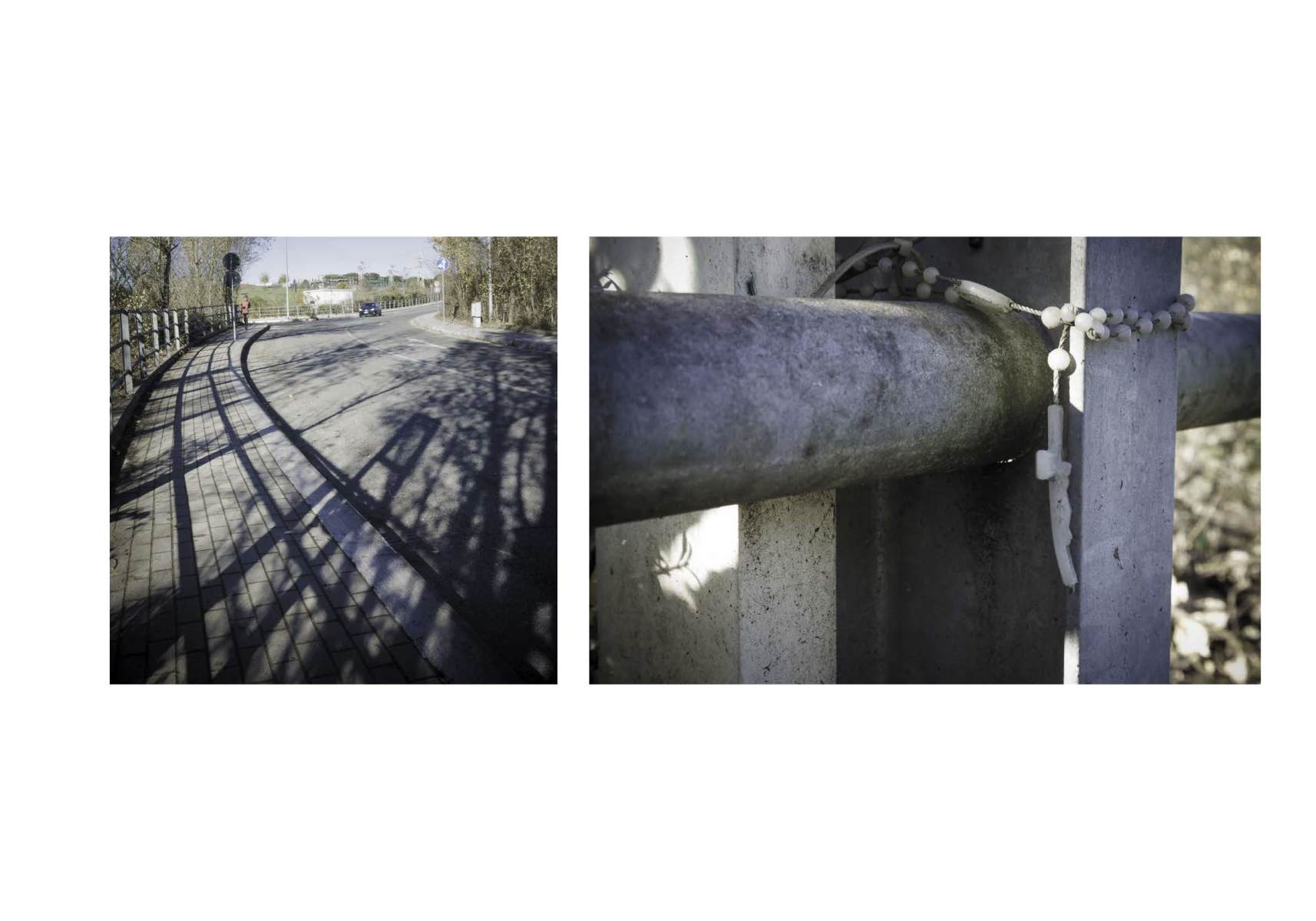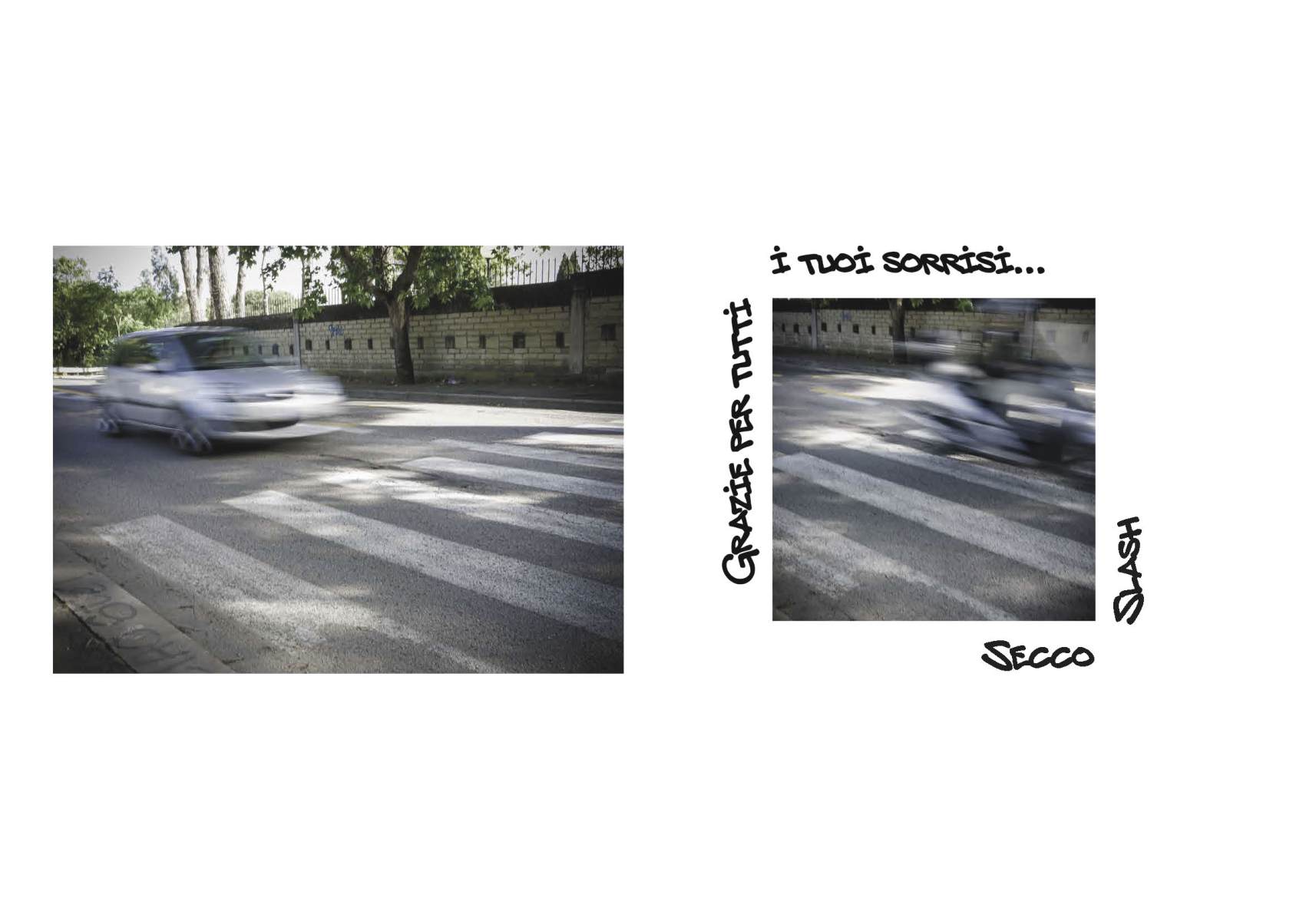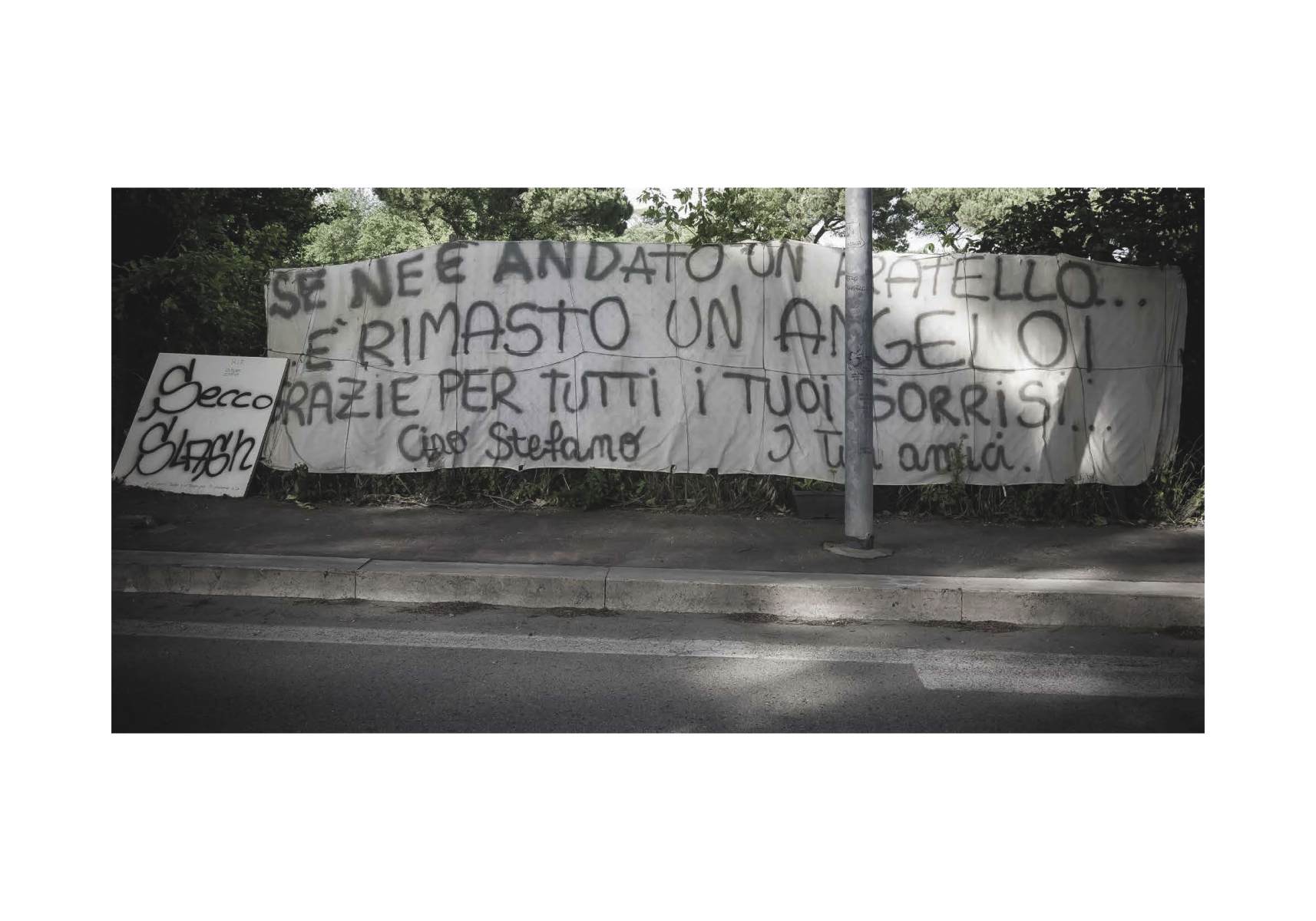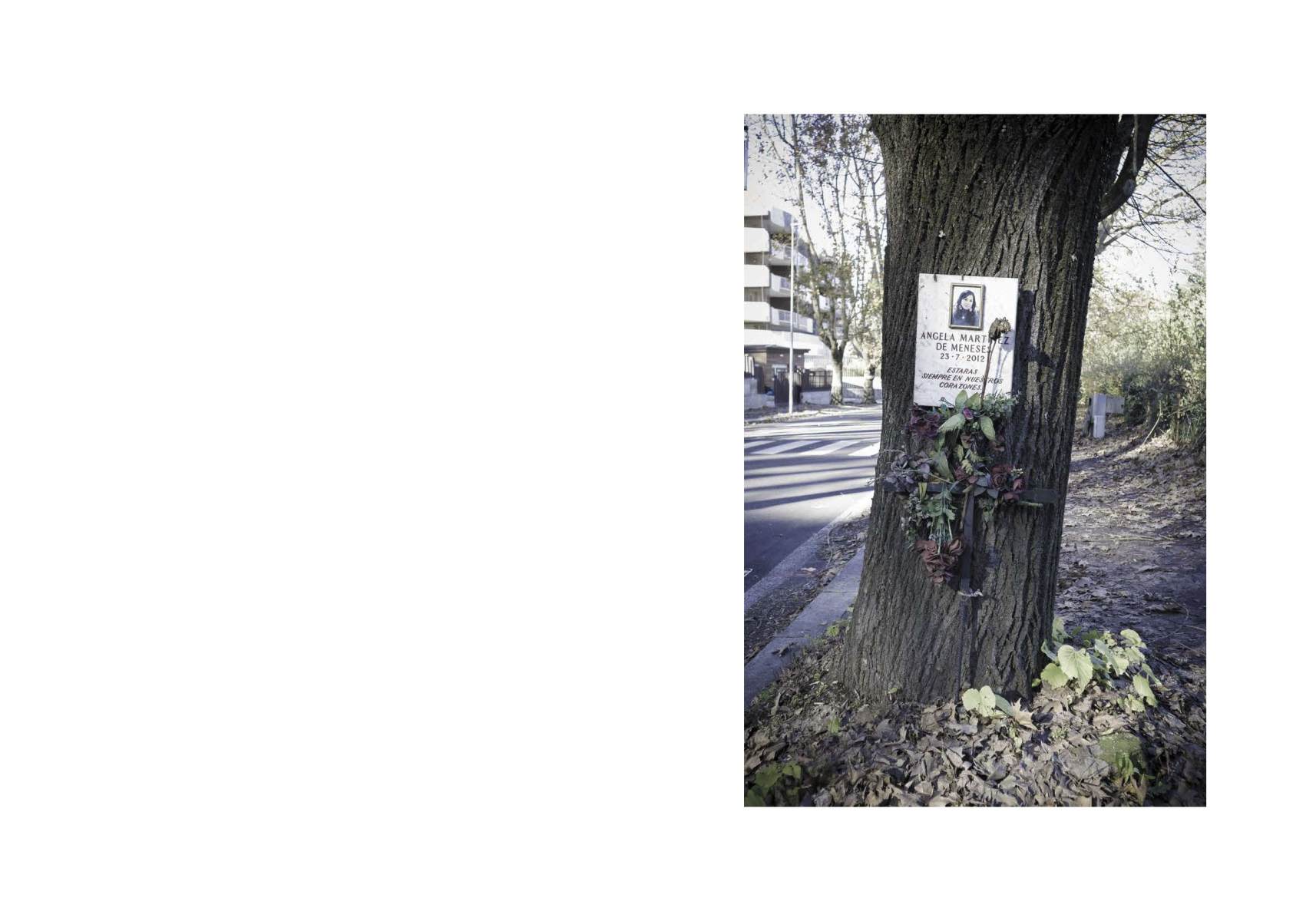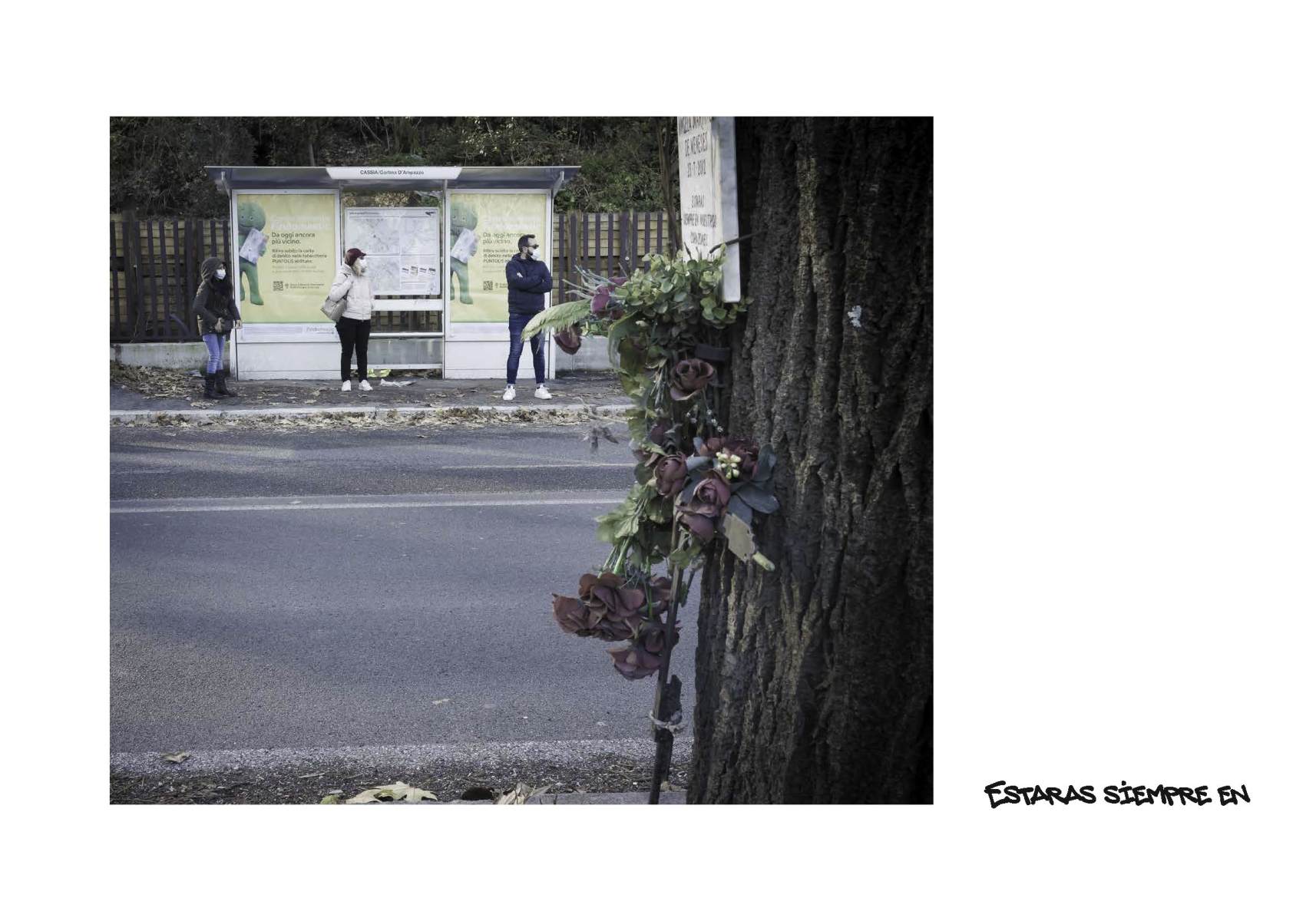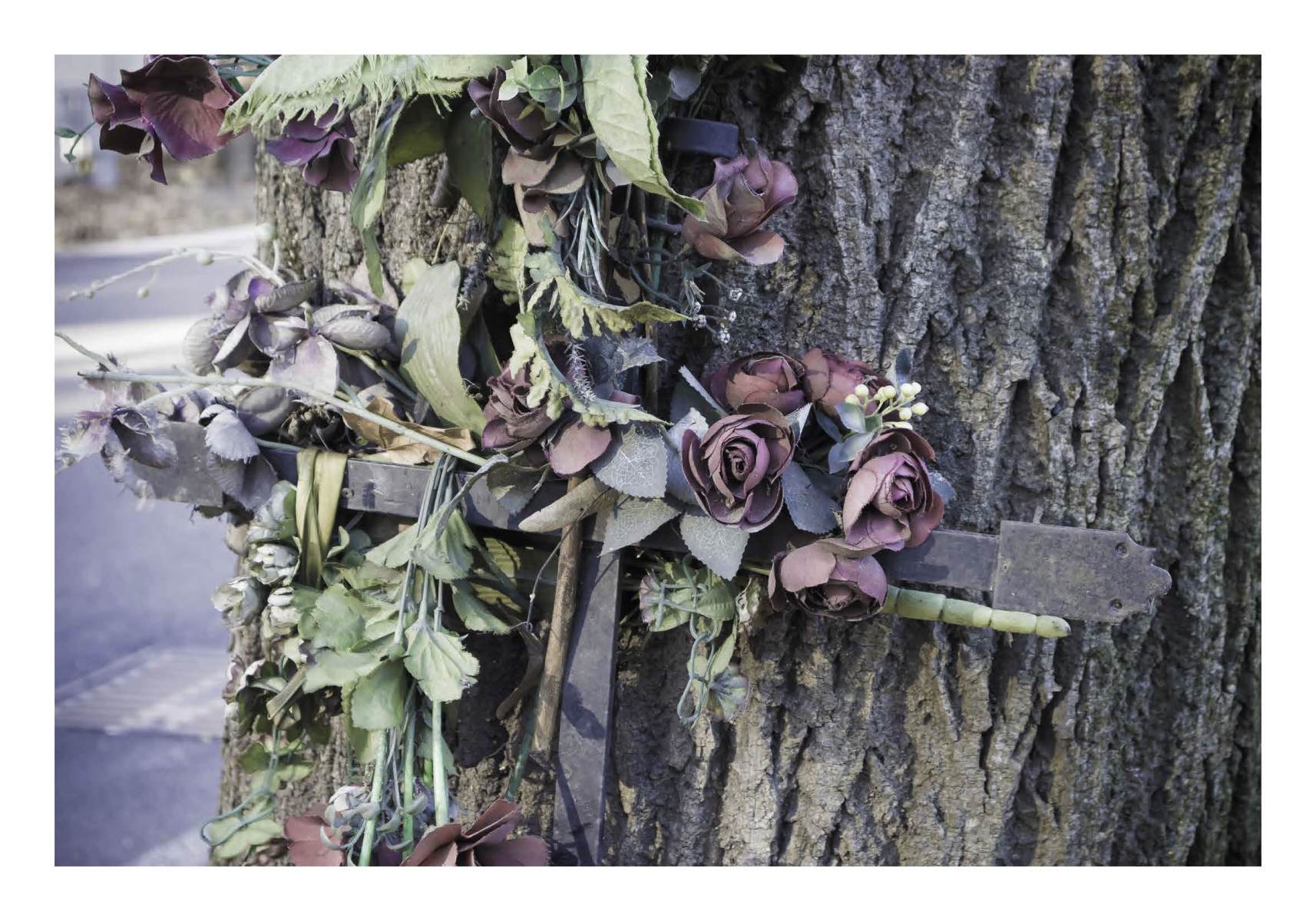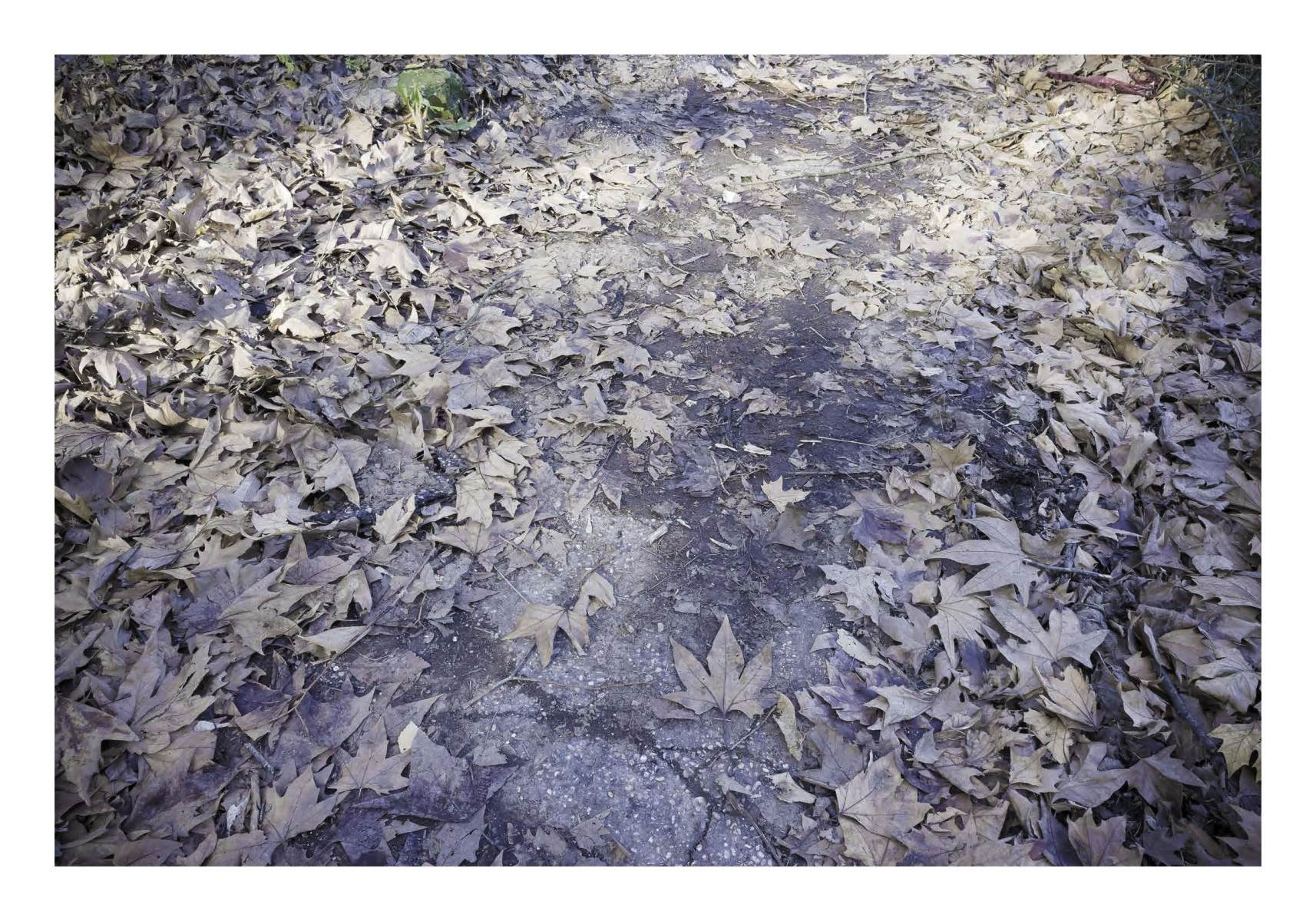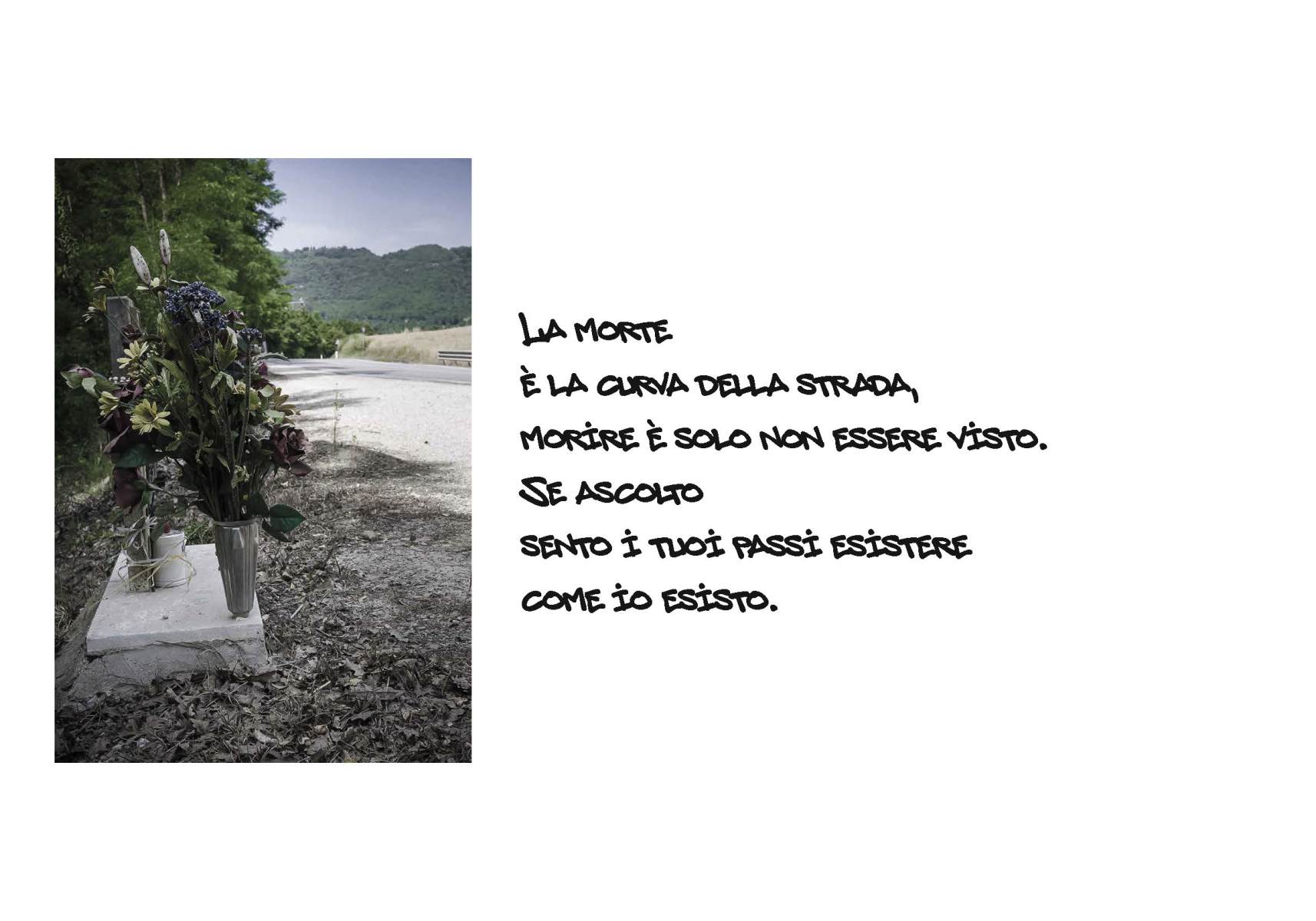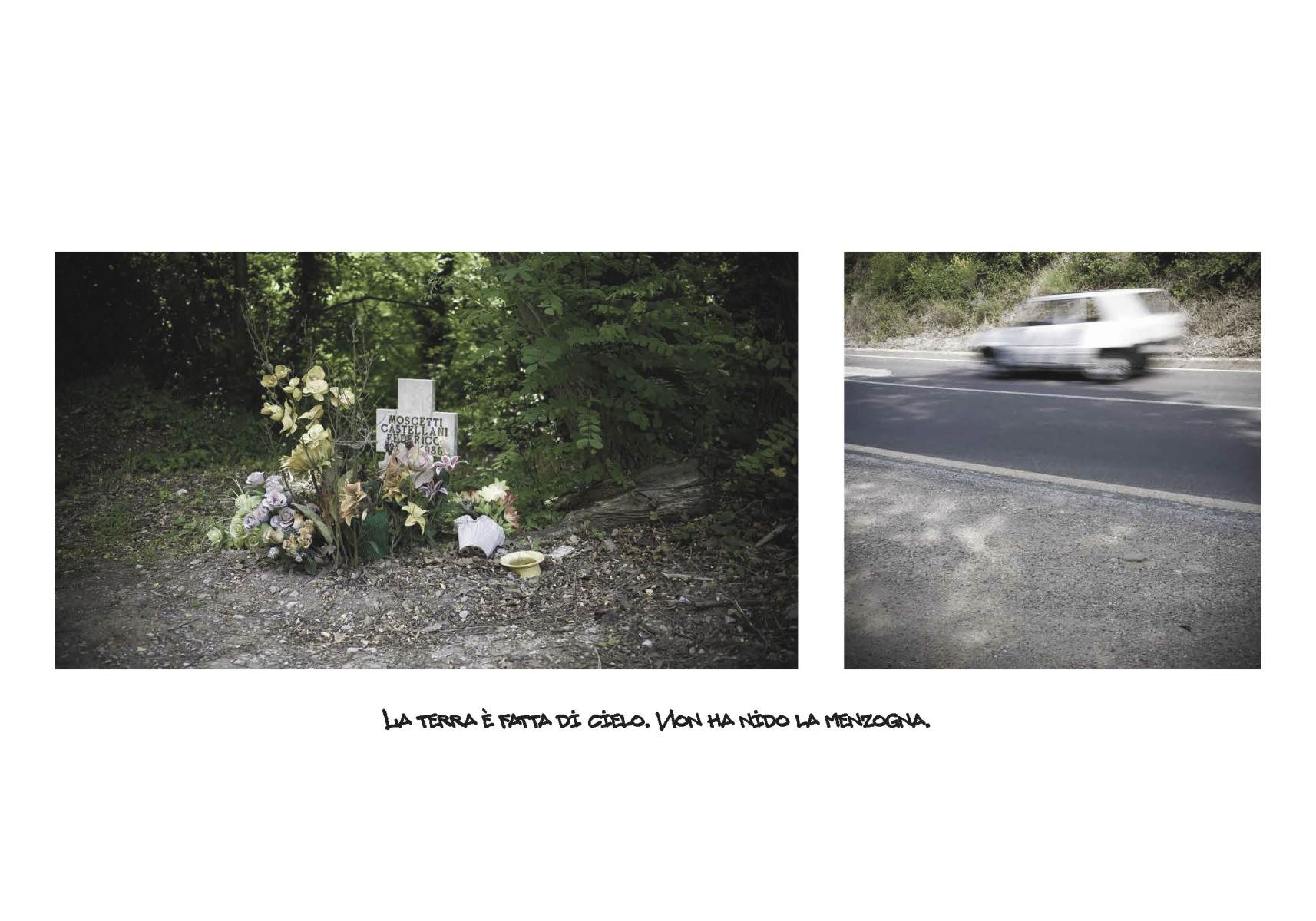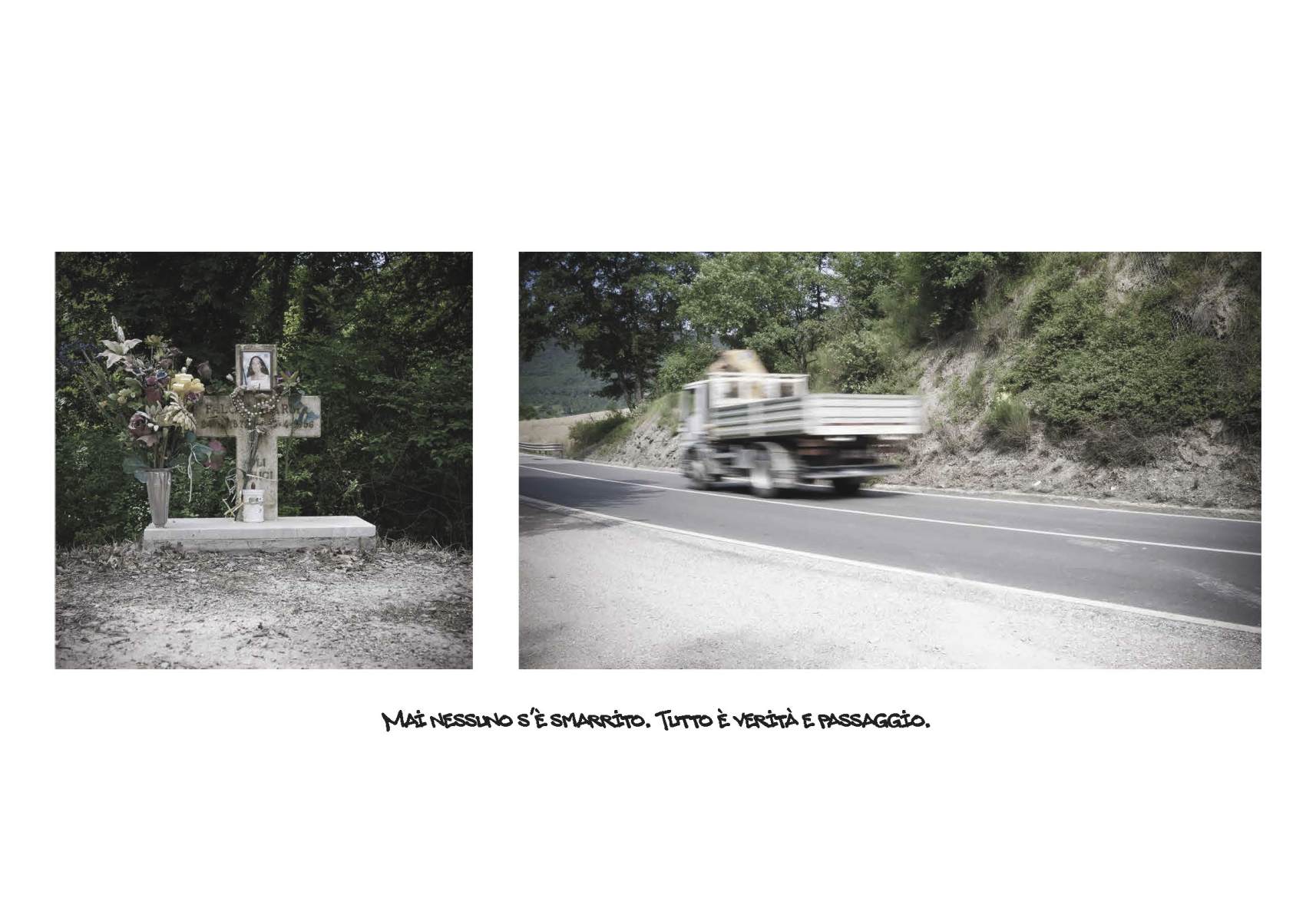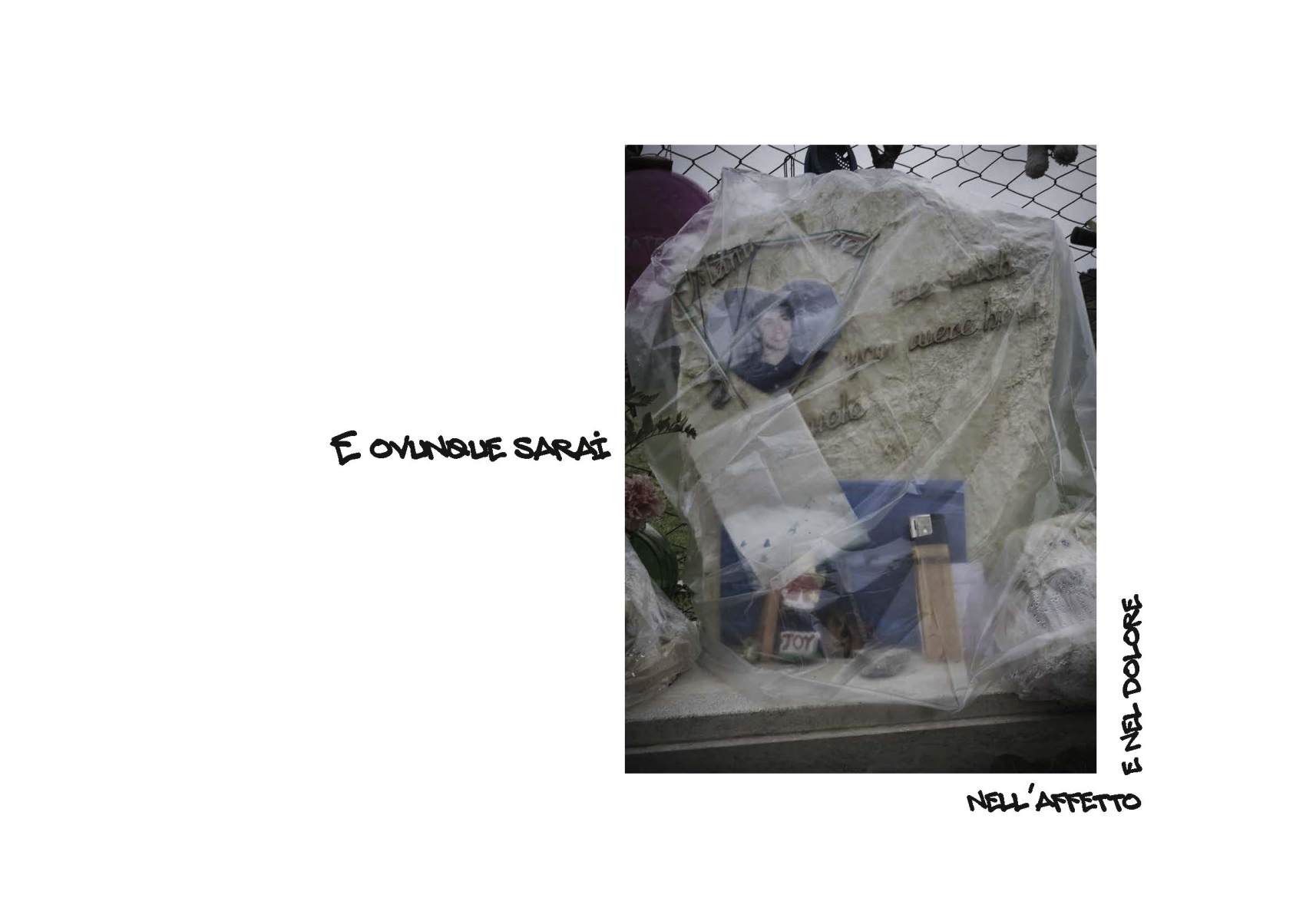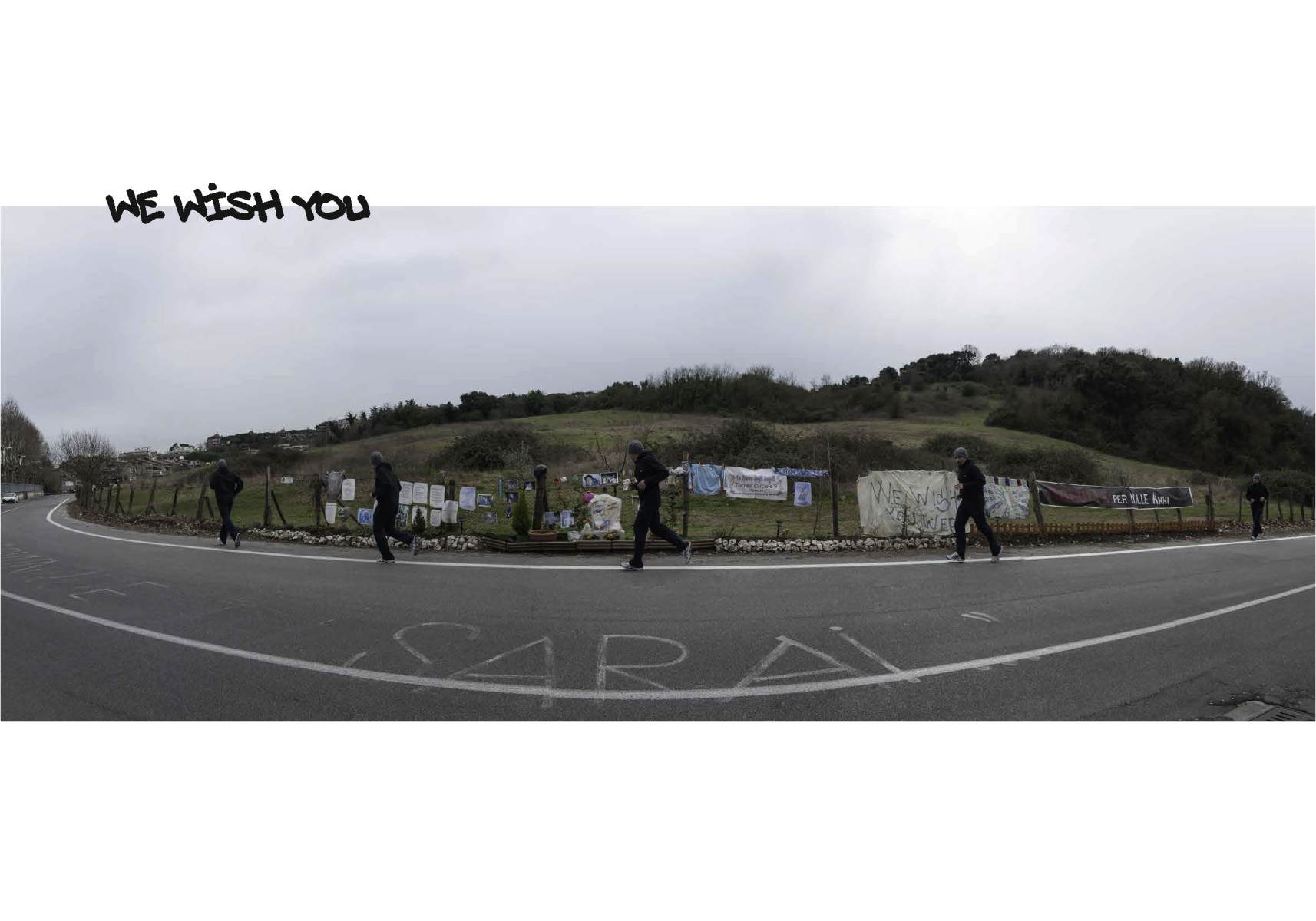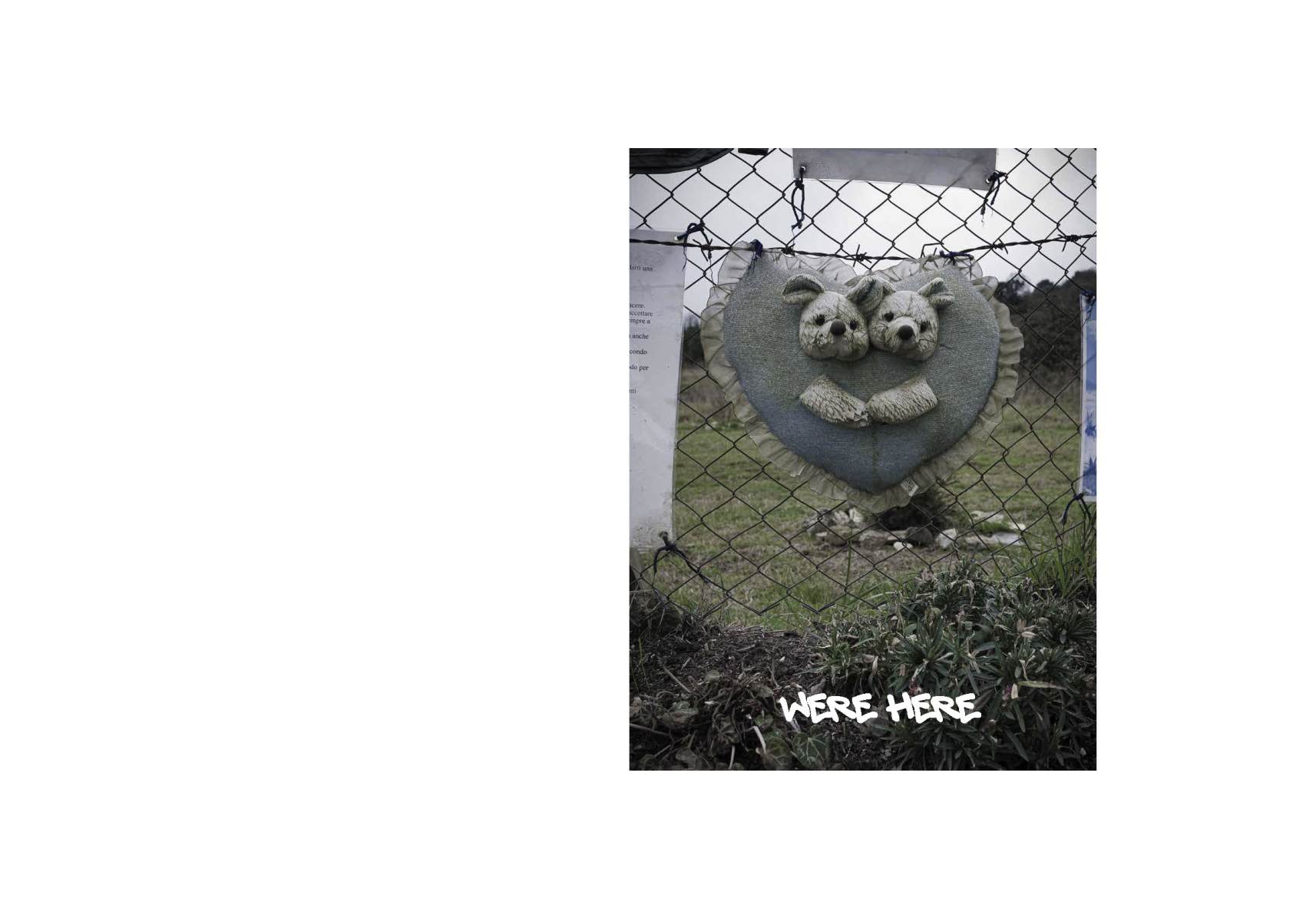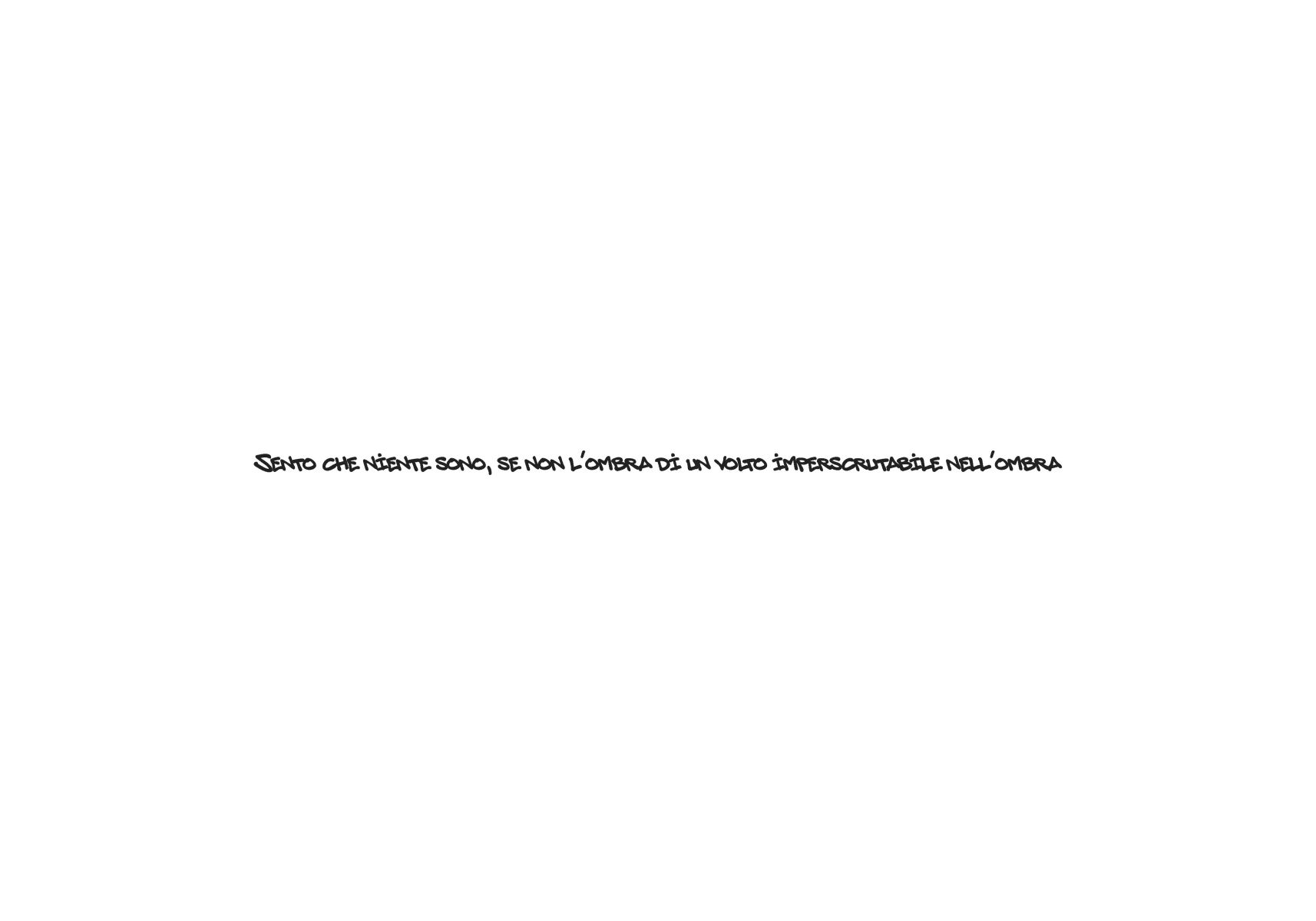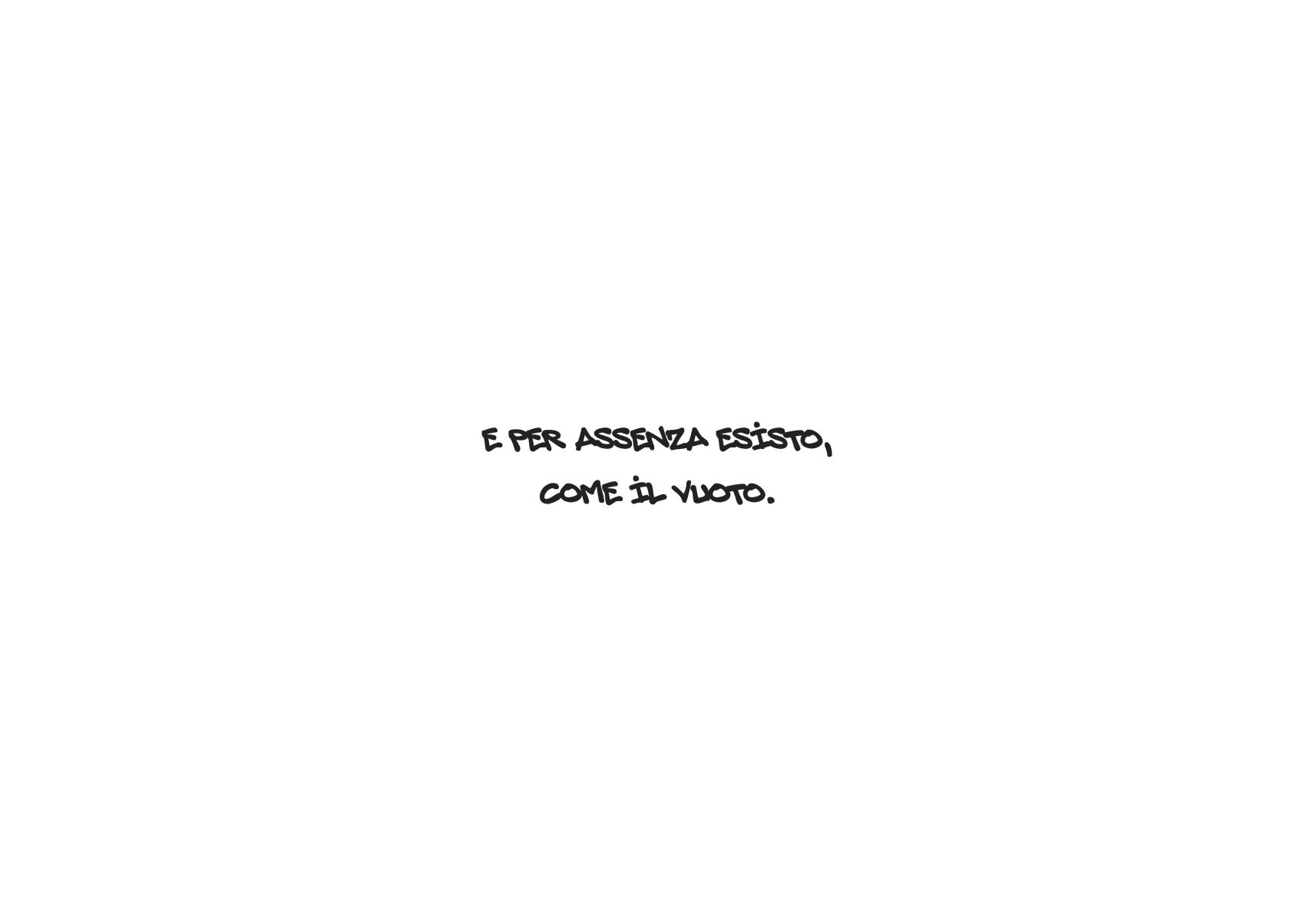Remains of Memories
Echoes of the past
Nullus locus sine genio
This work, which is part of a larger project centered on Rome, my “Ghost city”, aims to raise awareness of the theme of road accidents that, on a daily basis, brutally and unexpectedly extinguish lives that are often very young.
At the same time, the project wants to investigate the relationship that exists in our cities between present and past, where the current places are confused with those of yesterday, where worlds and existences that are only apparently distant overlap and where the resonances of the past that were creep into the gestures of today.
Our daily life is mostly made of a continuous present and our thoughts are more easily projected to tomorrow – there is always something to plan for the future – than to yesterday, to what, and to whom, has preceded us.
And so, what is the past, today, for us?
In a city with almost three thousand years behind it, it is easy to get confused and think of the past by measuring it in centuries, imagining it as the one in which people wearing shoes and tunics walked these very streets of ours.
But the past should be measured with different yardsticks, based more on memory and the feelings connected to it than on the calendar.
[ … ] click here to continue reading
Gli echi del passato
Nullus locus sine genio
Questo lavoro, che fa parte di un progetto più ampio incentrato su Roma, la mia “Ghost city”, si prefigge la sensibilizzazione al tema degli incidenti stradali che, con frequenza ormai quotidiana, spengono in modo brutale e inaspettato vite spesso giovanissime.
Al contempo il progetto vuole indagare il rapporto che esiste nelle nostre città tra presente e passato, dove i luoghi attuali si confondono con quelli di ieri, dove mondi ed esistenze solo apparentemente lontani si sovrappongono e dove le risonanze del trascorso che fu si insinuano nei gesti dell’oggi.
Il nostro quotidiano è perlopiù fatto di un continuo presente e il nostro pensiero si proietta più facilmente al domani – c’è sempre qualcosa da programmare per il futuro – che allo ieri, a quanto, e a chi, ci ha preceduto.
E quindi, cos’è il passato, oggi, per noi?
In una città con quasi tremila anni alle spalle è facile confondersi e pensare al passato misurandolo in secoli, immaginandolo come quello in cui a calpestare queste stesse nostre strade erano persone che indossavano calzari e tuniche.
Ma il passato andrebbe misurato con metri diversi, basati più sulla memoria e sui sentimenti a essa connessi che sul calendario.
[ … ] clicca qui per continuare a leggere


